Fork U with Dr. Terry Simpson
Fork U(niversity) Not everything you put in your mouth is good for you. There’s a lot of medical information thrown around out there. How are you to know what information you can trust, and what’s just plain old quackery? You can’t rely on your own “google fu”. You can’t count on quality medical advice from Facebook. You need a doctor in your corner. On each episode of Your Doctor’s Orders, Dr. Terry Simpson will cut through the clutter and noise that always seems to follow the latest medical news. He has the unique perspective of a surgeon w...
The Global Thanksgiving Table
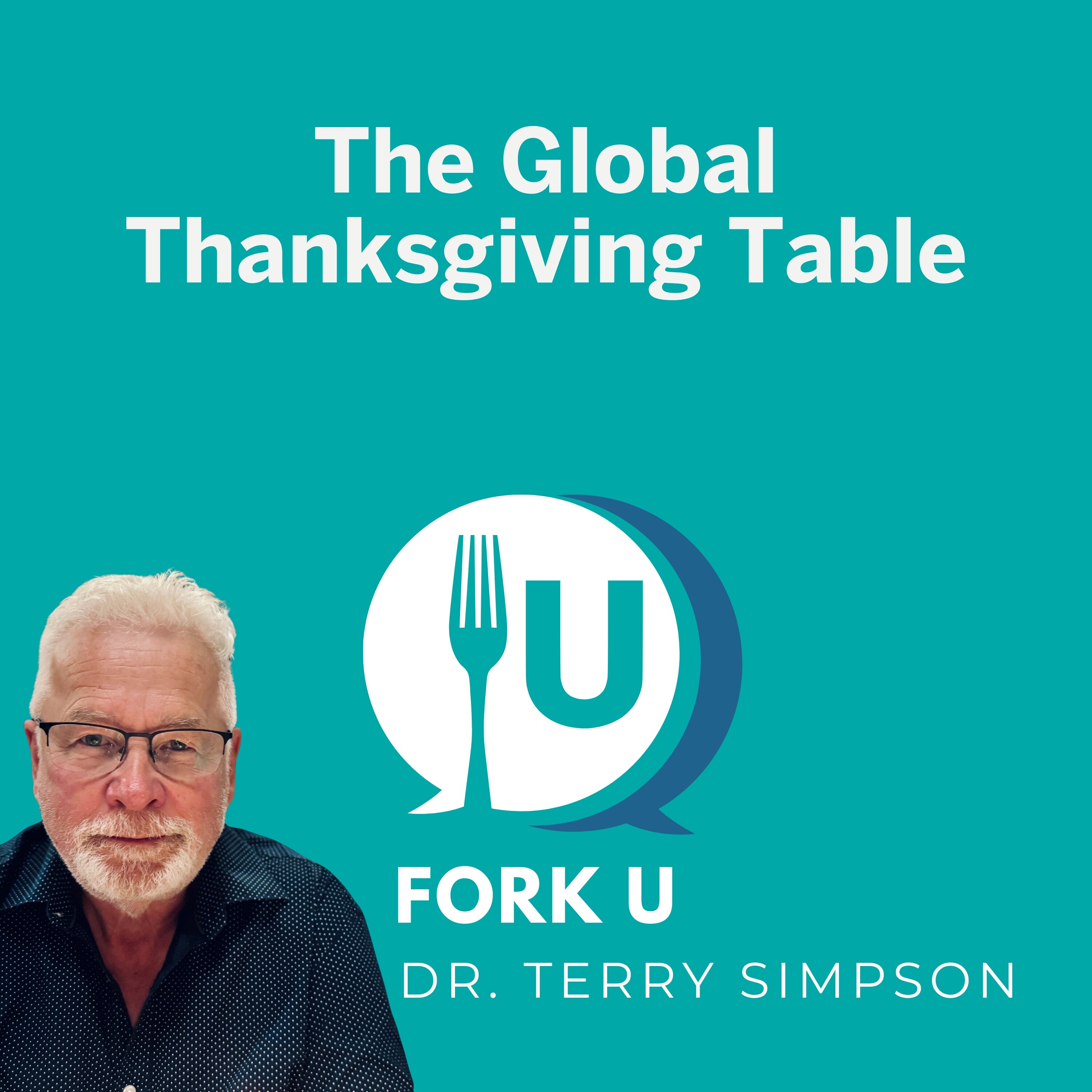
Thanksgiving is more than a meal — it’s a worldwide celebration of gratitude built around foods that started here in the Americas. Corn, beans, potatoes, and turkey didn’t just feed a nation; they changed global cuisine. Today, we blend culinary history with medical sense to show how to enjoy the feast without the nap.
🍁 A Holiday for the World
Our Canadian friends already finished their celebration. For their Thanksgiving, I roasted a chicken with Swiss Chalet sauce — if you know, you know. Thank you, Canada, for giving us Tim Hortons, Swiss Chalet, and the perfect exc...
When Vitamin D Isn't Sunshine in a Bottle
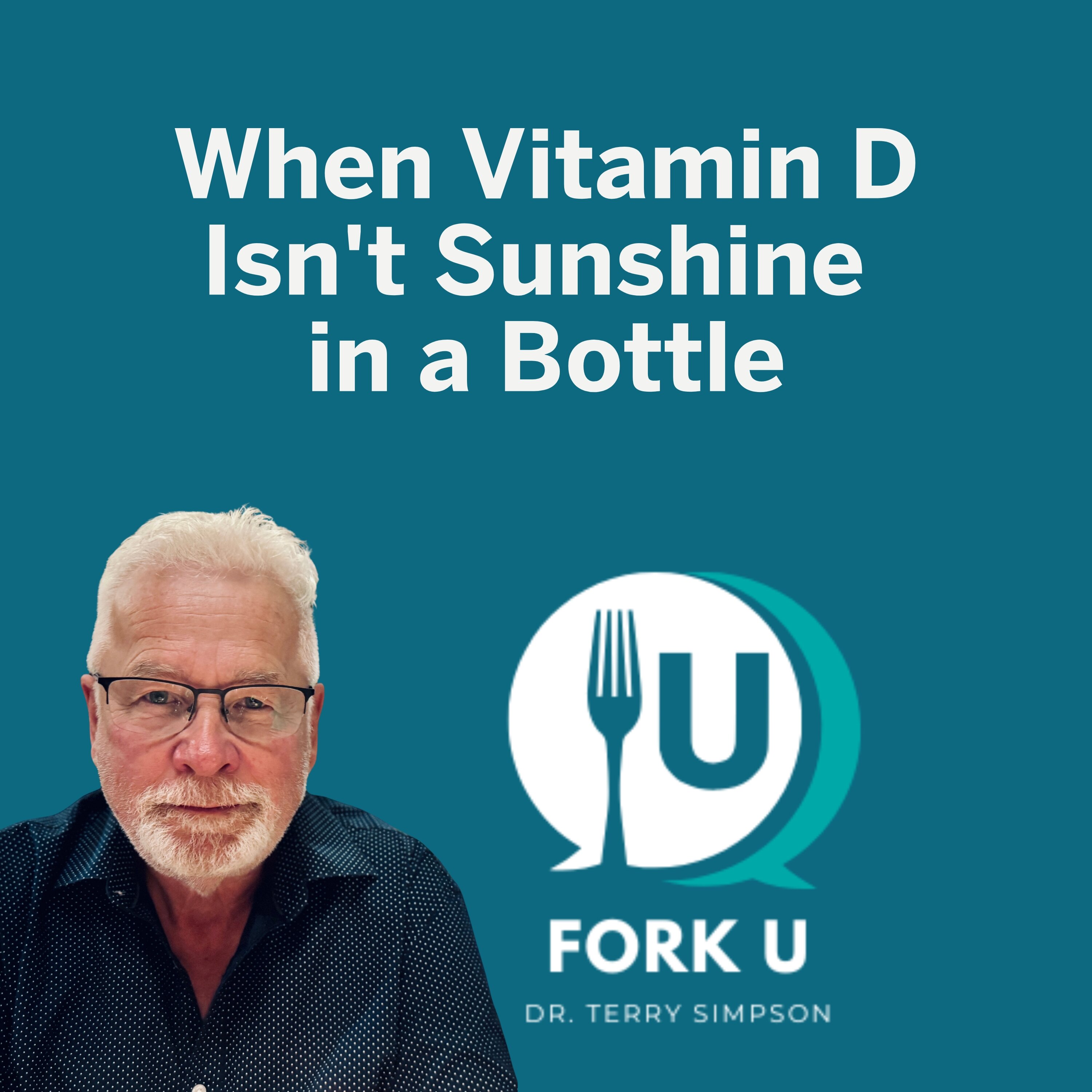
When Vitamin D Isn’t Sunshine in a Bottle
Vitamin D is sold as bottled sunshine. Social media says it boosts immunity, prevents cancer, and makes you live longer. But science says something very different — and megadoses pushed by influencers like Dr. Eric Berg can do more harm than good. Here’s what you need to know.
☀️ The Sunshine Vitamin — and the Myth That Follows
Vitamin D has been called the sunshine vitamin for over a century.
We discovered it when children in industrial cities developed rickets — bones so soft they bent like rubb...
Animal Protein and Cancer Risk
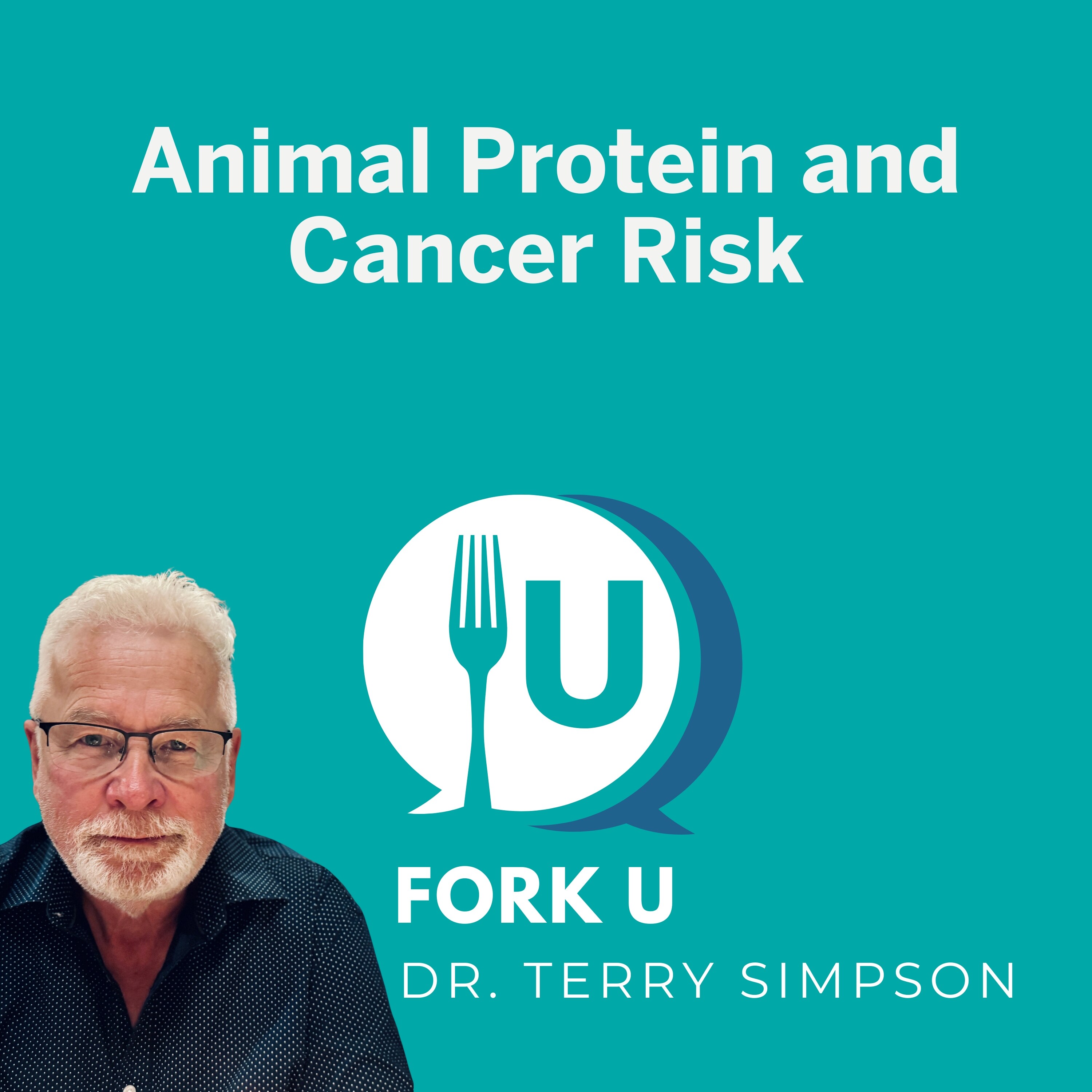
Animal Protein and Cancer Risk: What the Science Really Says
Recently, Mark Hyman posted on X (formerly Twitter) that a new study suggests eating more animal protein might actually lower your risk of cancer. The study he pointed to came from the NHANES dataset—a U.S. survey of diet and health. It sounded reassuring, but it doesn’t line up with the bulk of the evidence. Here is the story about Animal protein and cancer risk:
Let’s dig into what the science really shows.
Red and Processed Meats: Where the Risk Is Cle...
When Green Tea Isn’t Chemotherapy
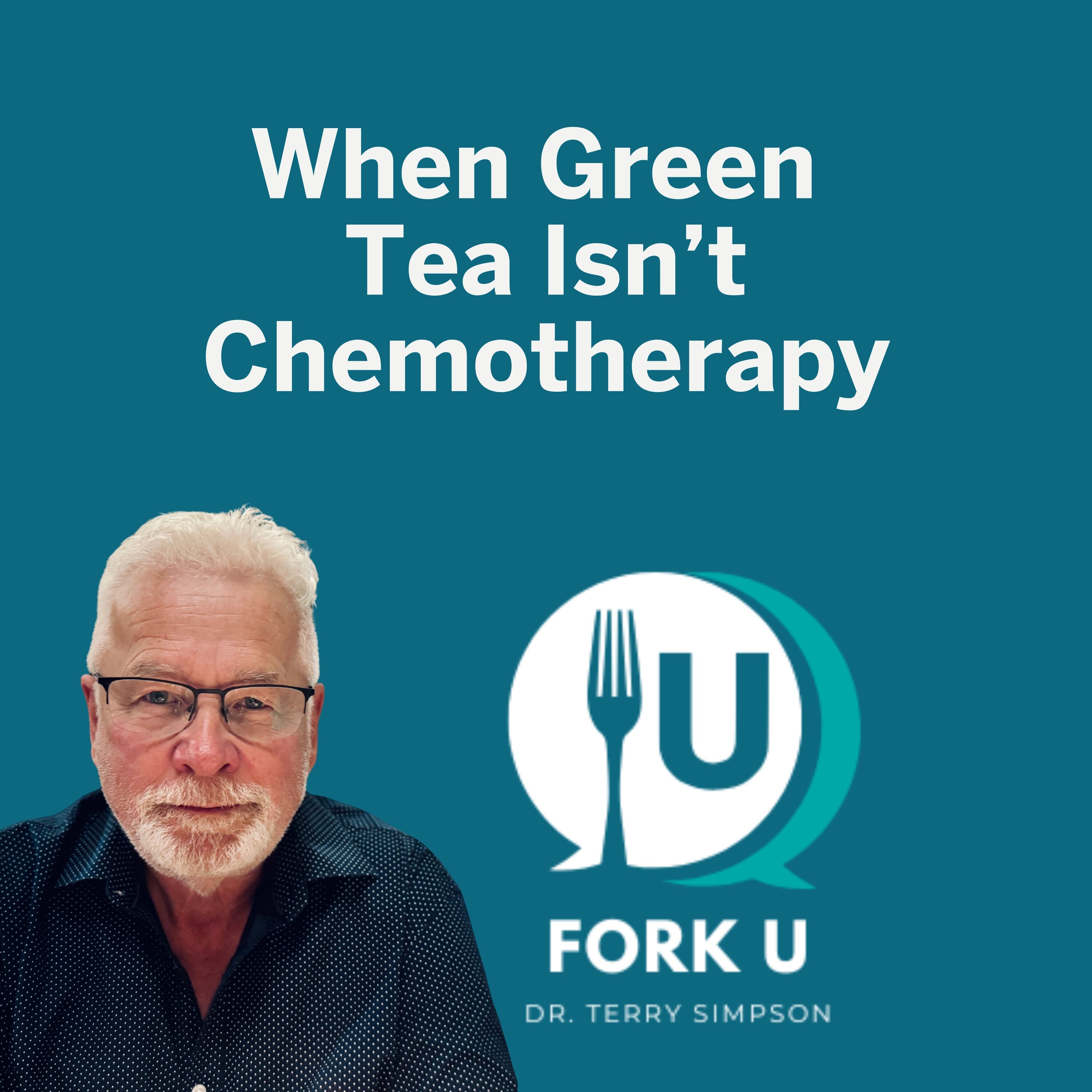
When Green Tea Isn’t Chemotherapy
Introduction
Food is powerful. Eating well lowers your risk of many diseases, including cancer. Yet food is not chemotherapy. Still, the idea that broccoli or green tea could replace cancer treatment is tempting. It feels safe, natural, and hopeful.
However, cancer is not treated with vegetables or tea. Cancer is treated with medicine. Let’s break down what food can and cannot do when it comes to cancer.
Broccoli and Cruciferous Vegetables
Broccoli, cabbage, Brussels sprouts, and other cruciferous vegetables contain natural compounds like...
Why Beans Aren’t Medicine
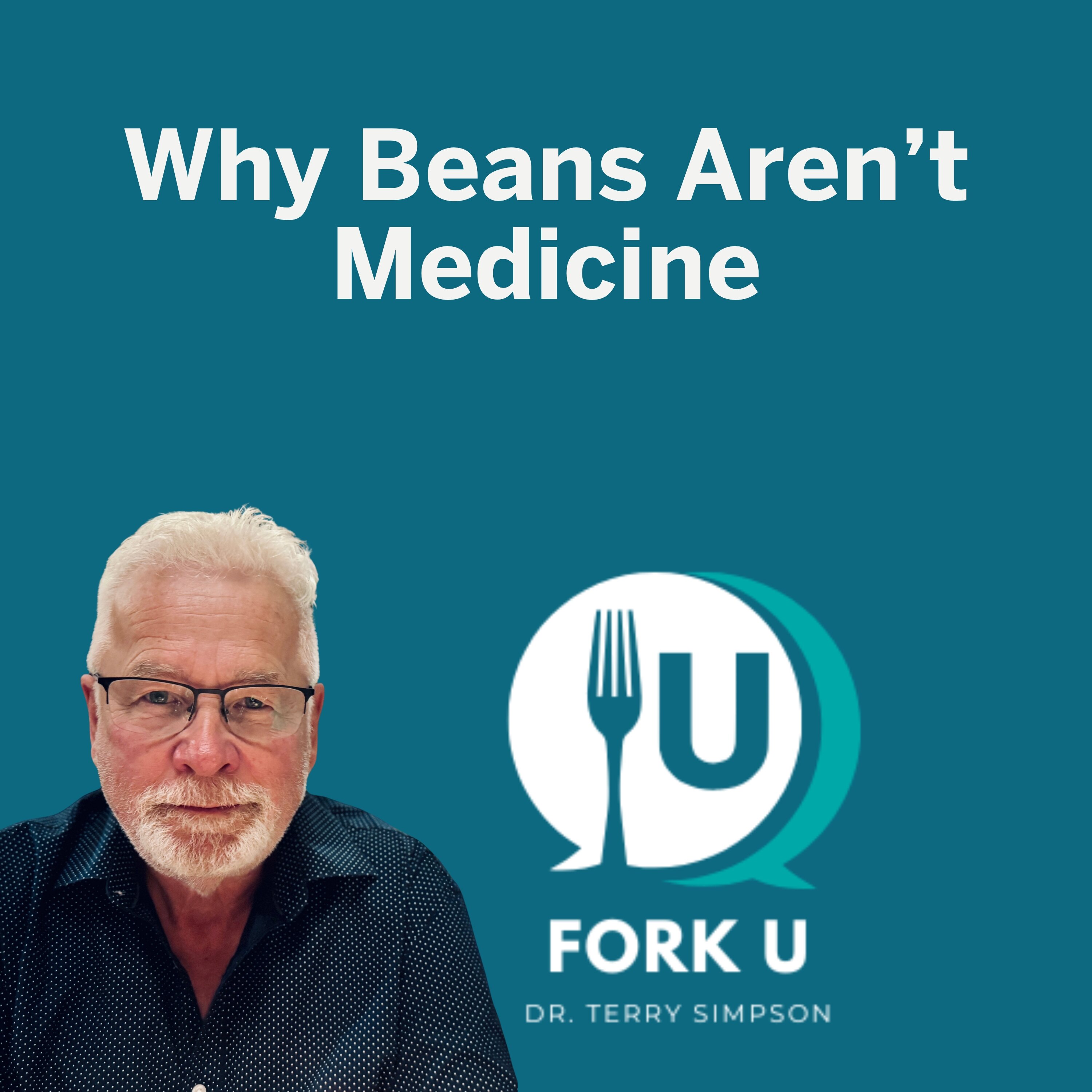
Food Is Powerful, But It’s Not Enough
Food shapes our health. Eating beans, fruits, vegetables, and whole grains can lower the risk of diabetes and other chronic conditions. Yet food does not replace medicine. Clearly, diets high in ultra-processed foods make diabetes worse. And yes, eating better is the most empowering thing anyone can do.
Still, some claim that modern food is the only reason we have chronic diseases like diabetes. They argue that if people only ate “real food,” there would be no need for medicine. History proves otherwise.
The Story That C...
Salmon isn't a Stent Food and Medicine
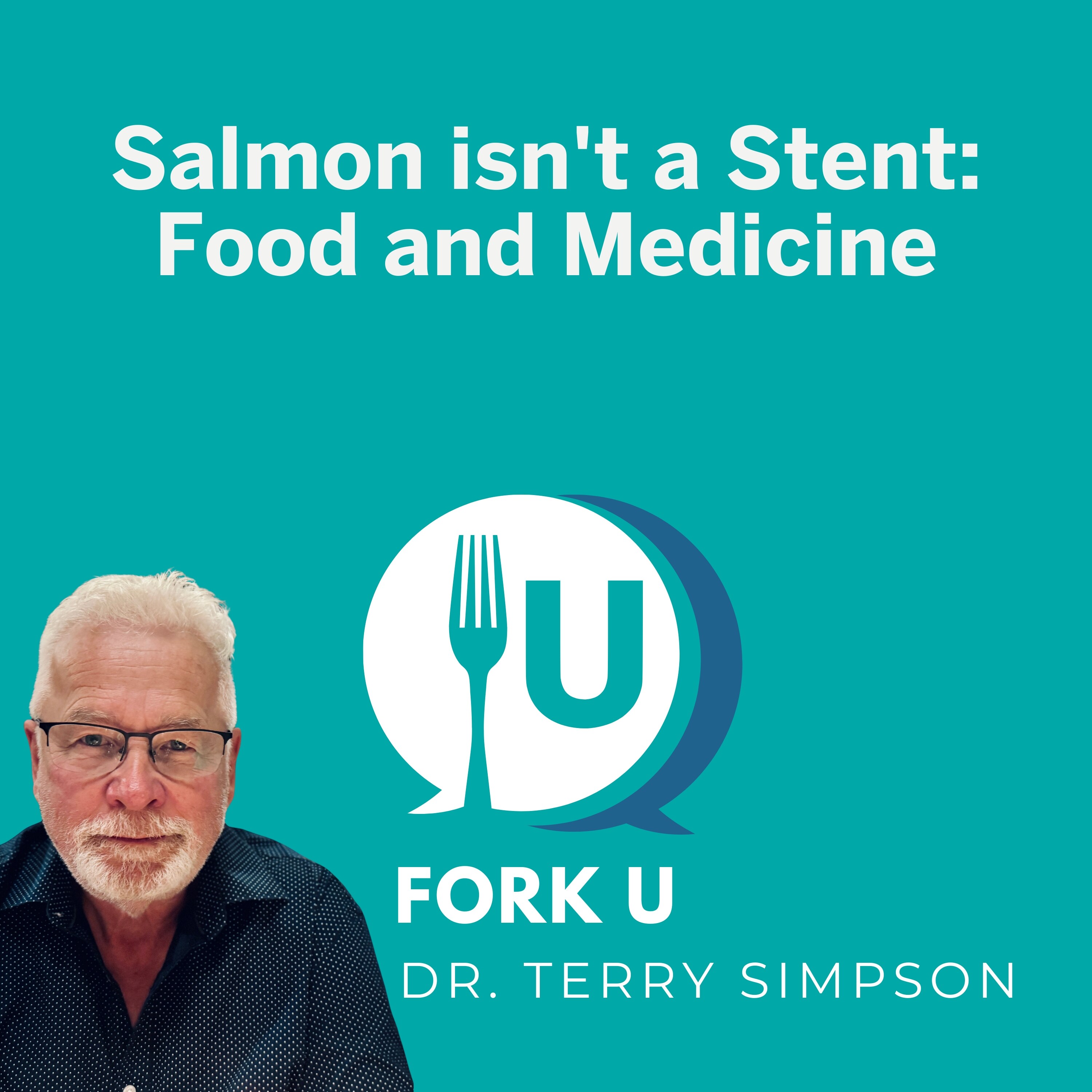
When Salmon Isn’t a Stent
Heart disease was four times more deadly than it is today. In those days, we had no statins, no stents, and no bypass surgery. Food was the only weapon doctors had.
Pharmacies in Rome and Greece even stocked extra virgin olive oil for patients with “hardening of the arteries.” Doctors sent people to pick up bottles, almost like prescriptions. Olive oil wasn’t curing clogged arteries, but it showed an early recognition that diet mattered.
Then scientists noticed something bigger. In certain Mediterranean villages, people lived longer with far...
Bananas Aren’t Beta Blockers
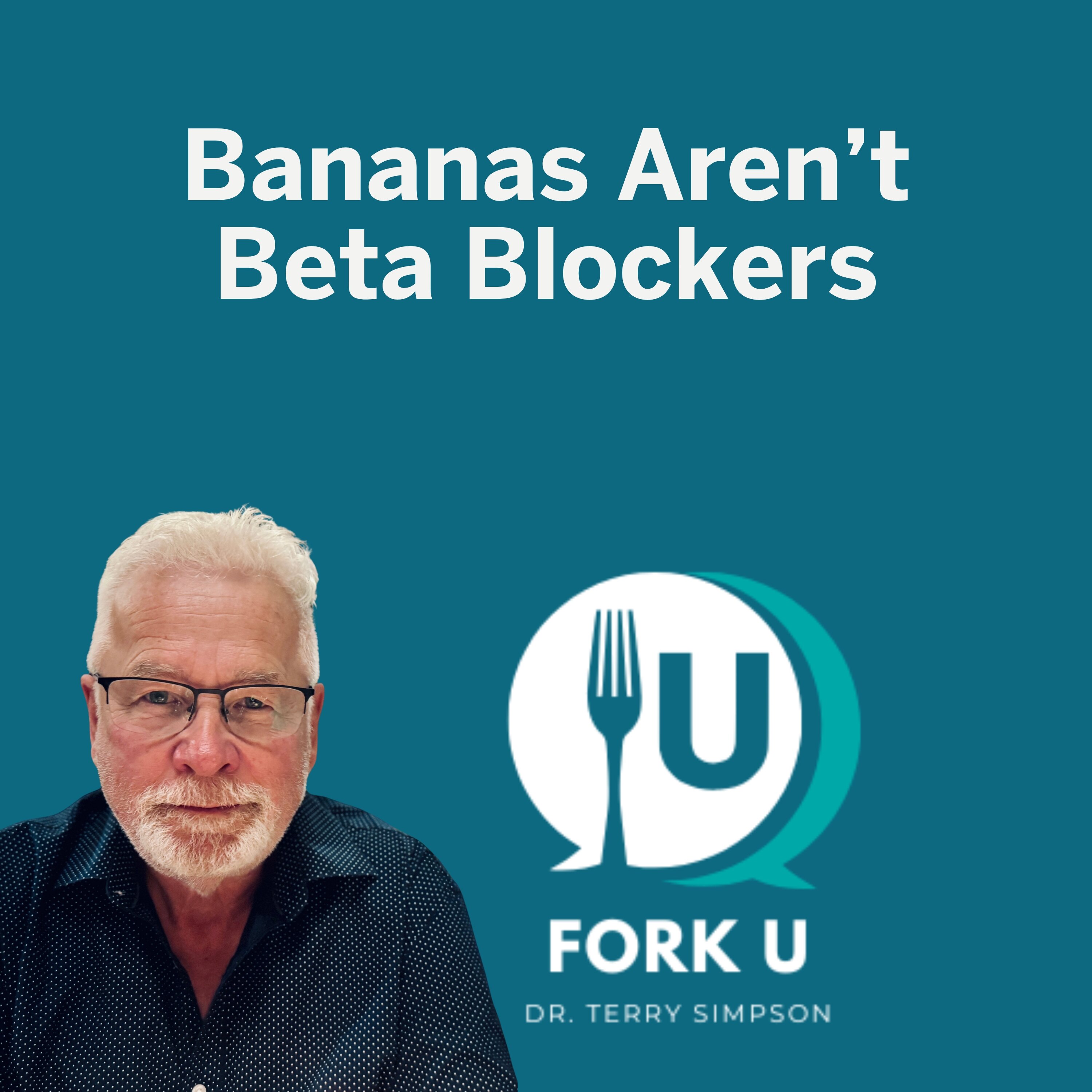
When Bananas Aren’t a Beta Blocker
People love to believe that food can replace medicine. We talked about this in Episode One, where I explained that Hippocrates never said “let food be thy medicine.” Still, the myth endures.
Food does matter. The right eating pattern can lower blood pressure. One of the best-studied is the DASH Diet—short for Dietary Approaches to Stop Hypertension. It is often called America’s version of the Mediterranean Diet. While the Mediterranean Diet was being mapped out for overall health, the DASH researchers asked a sharper question: what foods can...
Tofu Isn't a Statin: Food as Medicine
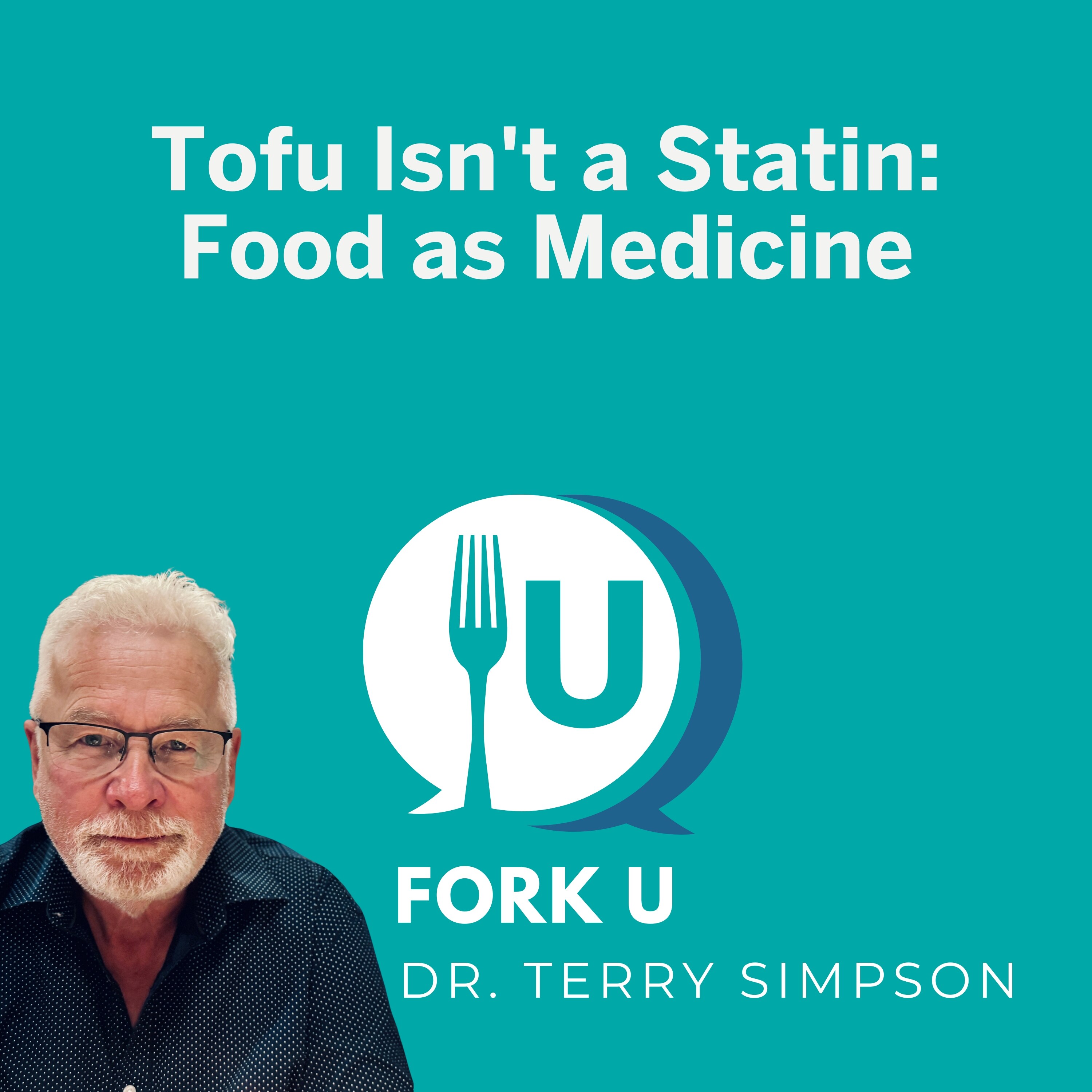
When Tofu Isn’t a Statin
People love to say “food is medicine.” Some even claim Hippocrates himself said it. But here’s the thing: he didn’t. The phrase does not appear in any of his surviving writings. In fact, historians believe the line was created centuries later and then falsely attached to Hippocrates to give it weight.
Still, the idea persists. Even the current head of HHS, Robert F. Kennedy Jr., has repeated the myth. And when RFK Jr. is your fact-checker, you know you’re in trouble.
Now, as someone certified in...
Pasteurization Saves Lives: Milk Myths vs. Science
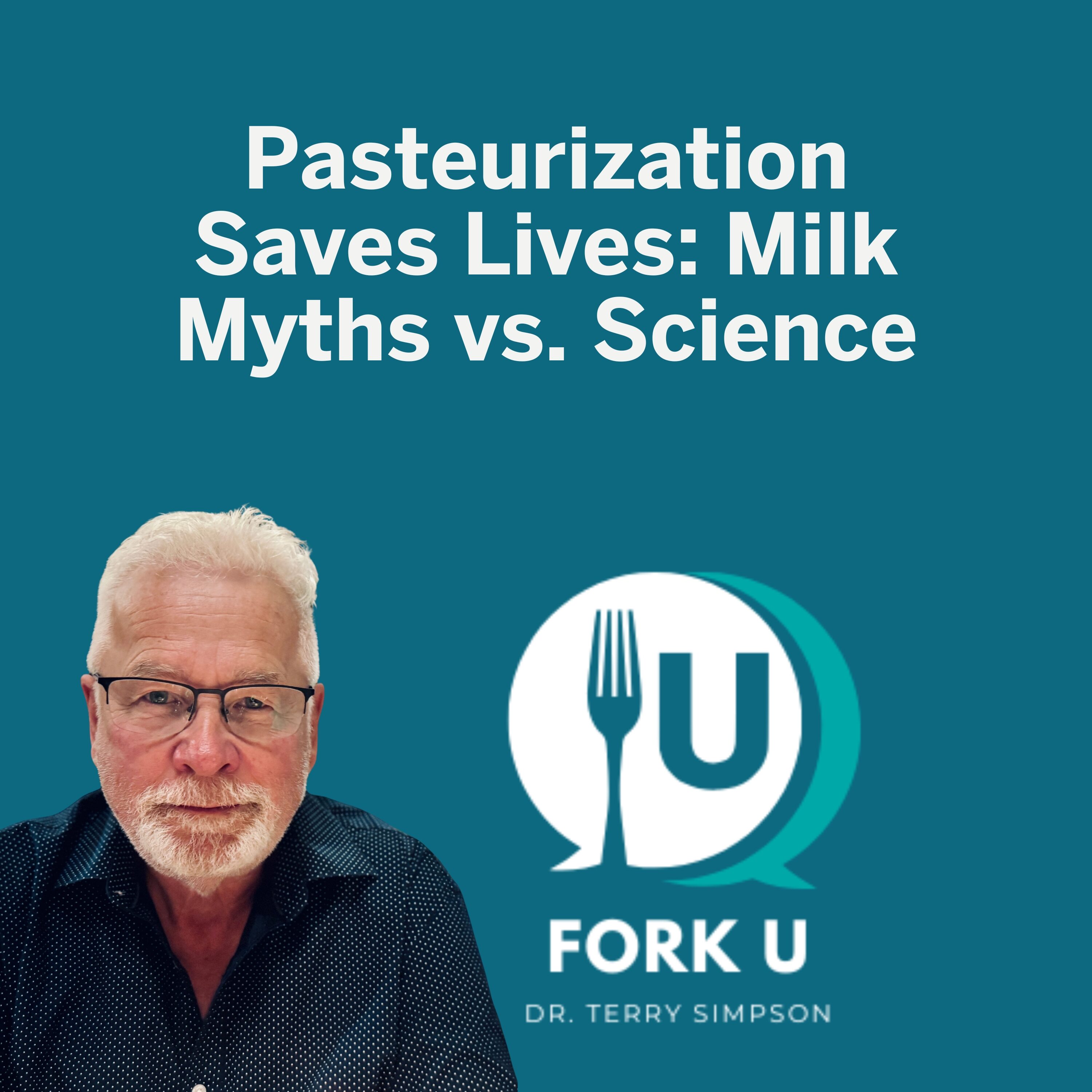
Milk: Life, Death, and the Paradox
Milk has always been central to survival. When mothers died in childbirth—and this happened often before modern medicine—infants survived only if they had access to another nursing mother or wet nurse. When that wasn’t possible, families sometimes turned to the milk of other mammals.
That discovery helped keep our species alive. However, milk’s role in human survival carried a hidden danger. While milk nourished infants, it also became a deadly carrier of disease.
When Raw Milk Killed Thousands
During the 1800s, raw milk...
Protein Powders: Hype and Science
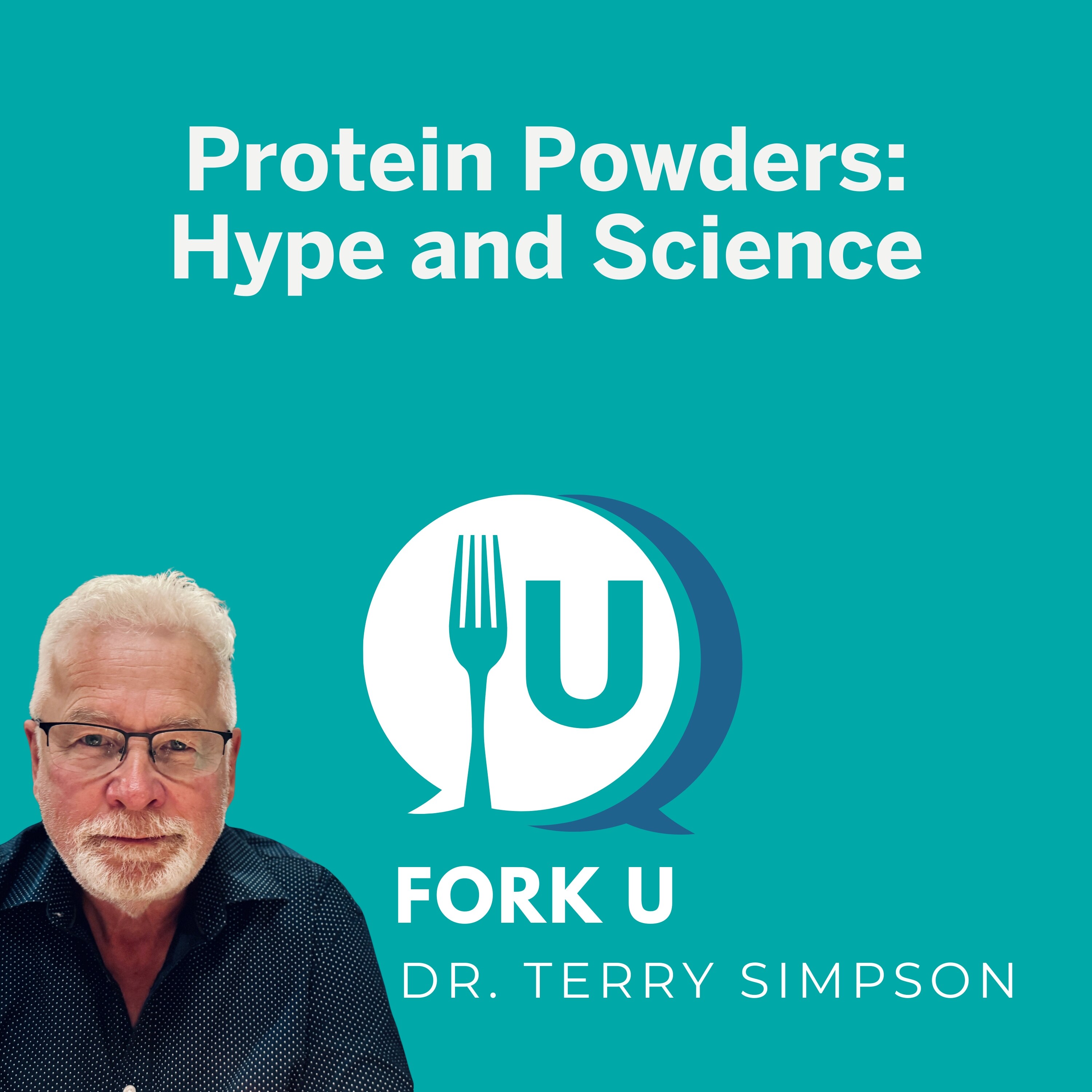
Protein Powders: What’s Real, What’s Hype, and Why It Matters
Protein powders are everywhere. Walk into a gym, scroll through social media, or visit a health food store, and you’ll see tubs of whey, egg, pea, and soy protein. Add buzzwords like “isolate,” “hydrolysate,” and “grass-fed,” and suddenly these powders sound like liquid gold. But how much of this is science—and how much is hype?
From Surgeons to Shakers
Surgeons were among the first to use modular proteins. In the ICU, when patients couldn’t eat, we relied on early protein formulas...
MAHA Myths: Why Nutrition Alone Won’t Save You
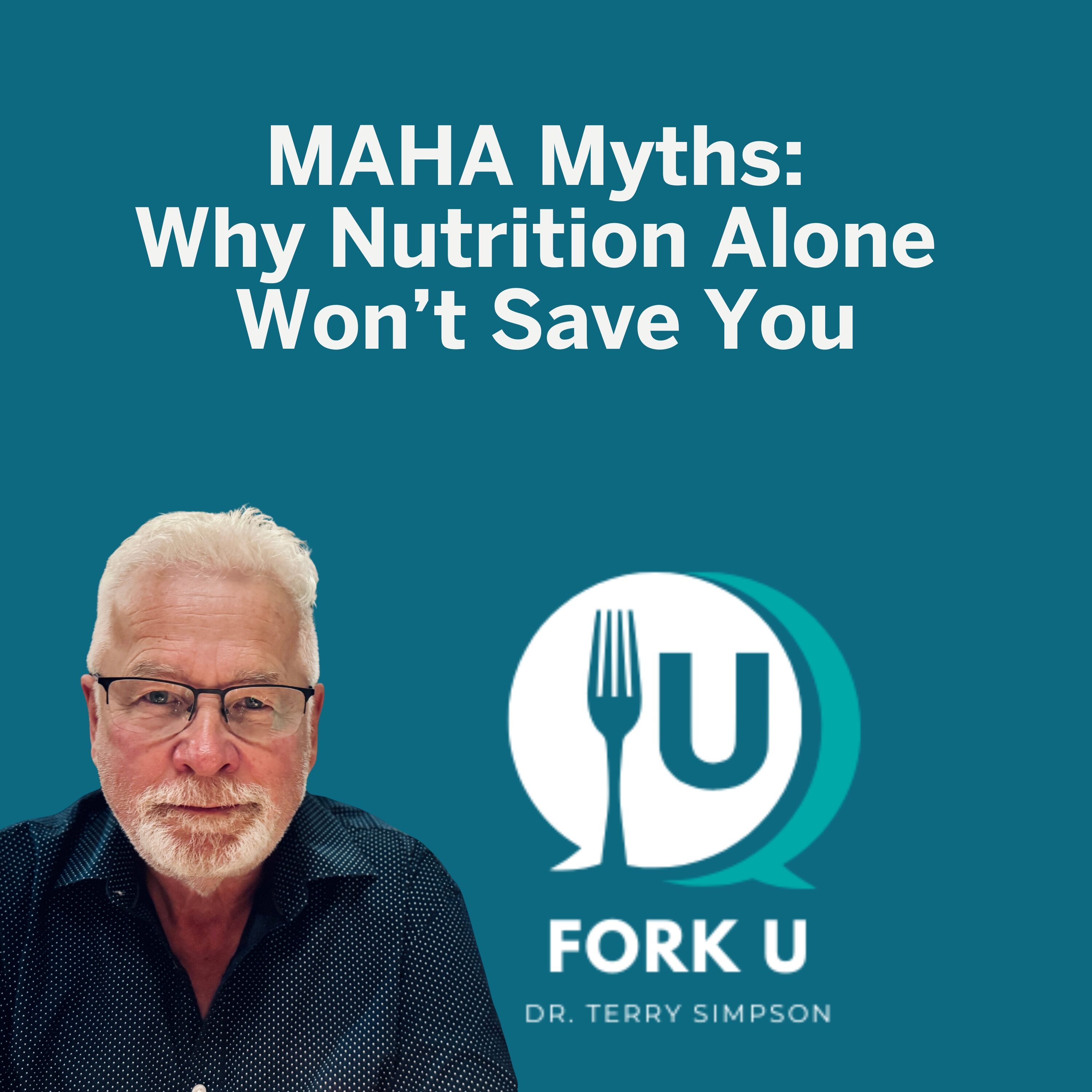
Make America Healthy Again? Hyman’s Half-Truths Exposed
Mark Hyman loves a soundbite. One of his favorites is:
“If doctors were trained in nutrition, we could prevent 90% of heart disease and type 2 diabetes.”It sounds inspiring. Unfortunately, it isn’t true.
Nutrition Is Powerful — But It’s Not Magic
I’m certified in culinary medicine, and I live the Mediterranean diet. Good nutrition matters. It lowers risk. It supports treatment. However, it cannot replace medicine for people with established disease.
The DASH trial (Sacks et al., NEJM 2001) proved that eating more fr...
Liver Detox- Carter's to Dose
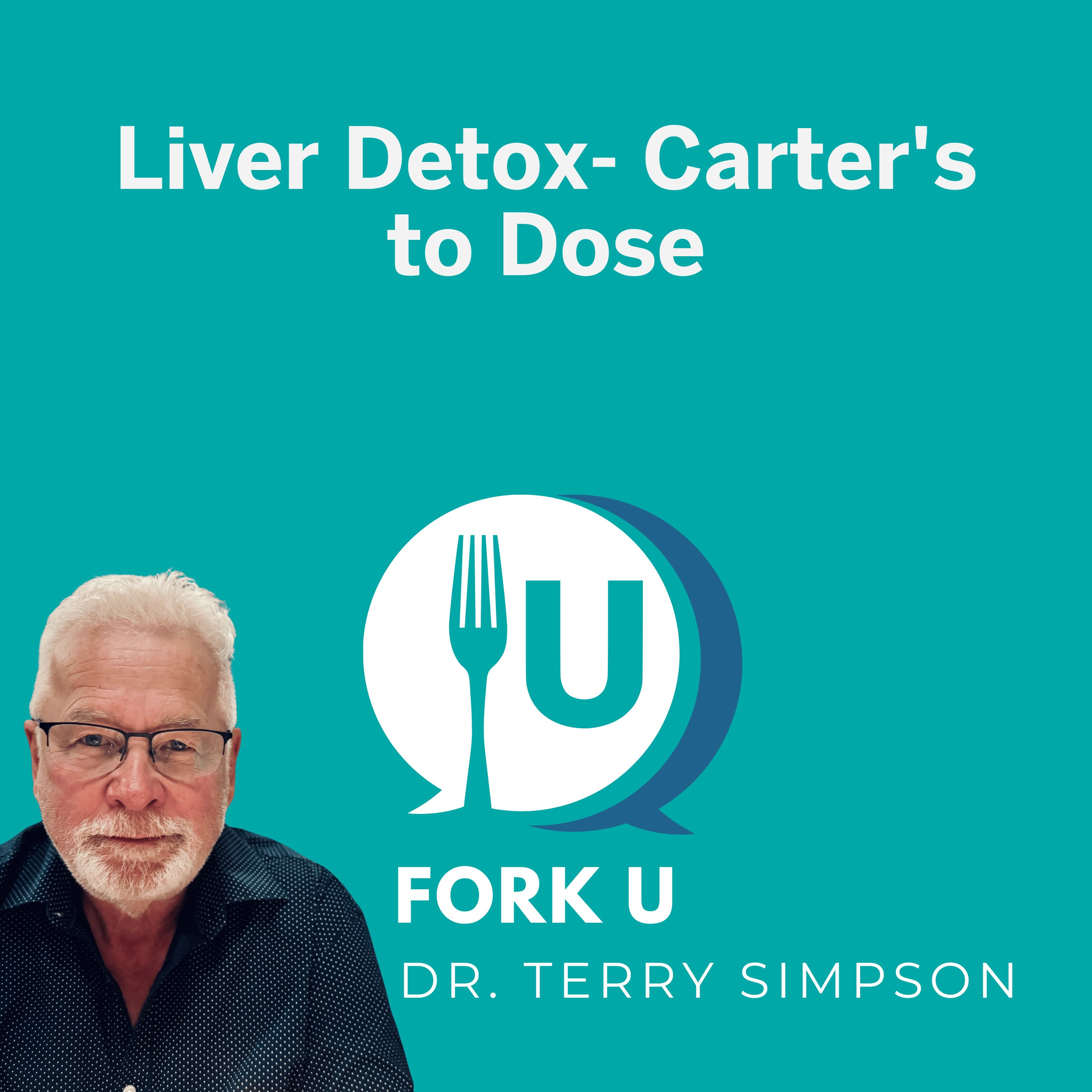
Carter’s Little Liver Pills: The Original Detox Scam and Its Modern Cousins
For more than a century, people have searched for quick fixes to “cleanse” the liver. From old‑time laxatives to today’s wellness shots and hangover probiotics, the promise is the same: remove toxins, feel better, live longer. However, as science catches up with marketing claims, we learn a hard truth — most of these cleanses never did what they promised.
The Sluggish Liver Myth
Back in the 1800s, doctors blamed nearly every health problem on a “sluggish liver.” Headaches, fatigue, irritability — e...
Edinburgh’s Surgical Revolution
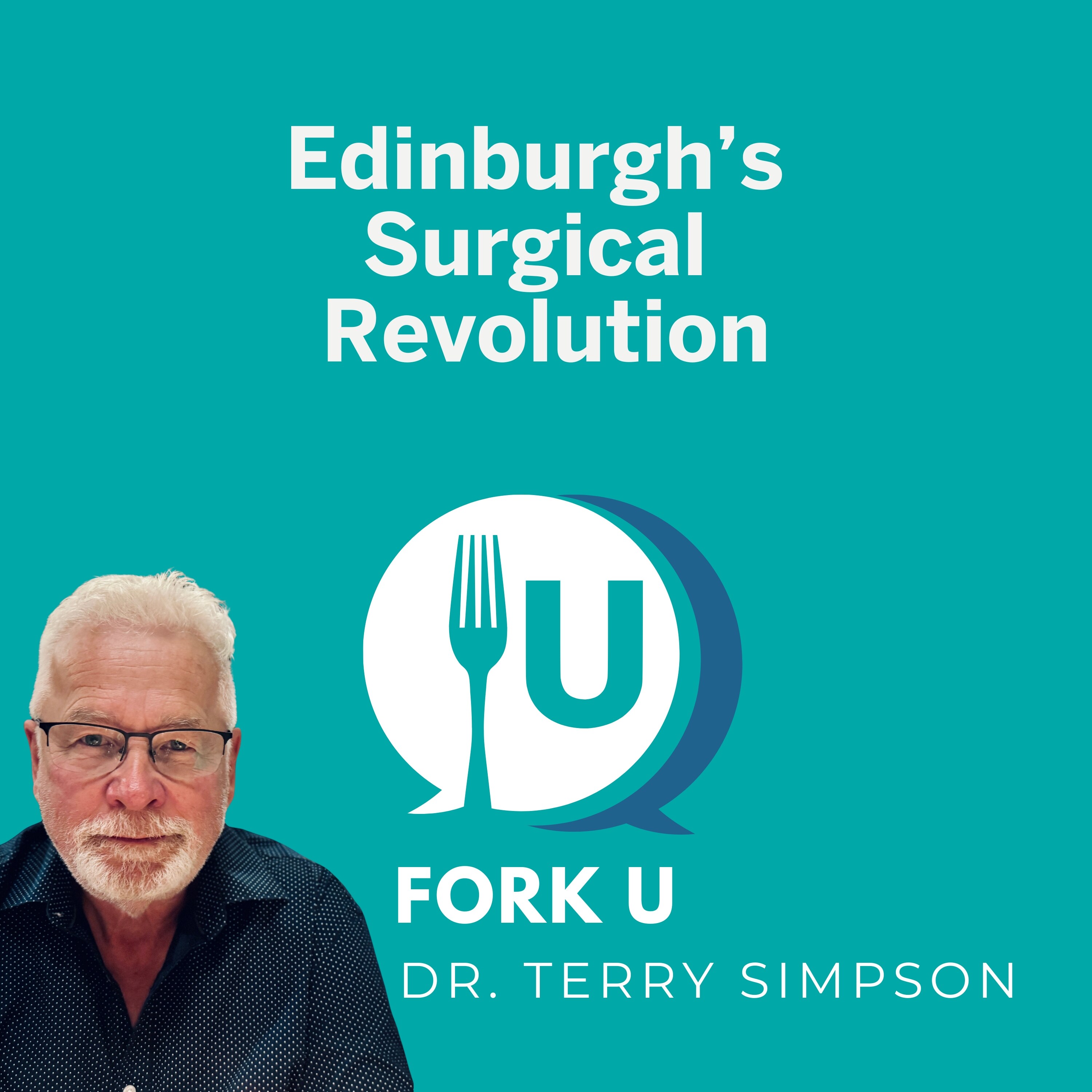
Goat Glands, Chloroform, and the City That Saved Surgery
(How Edinburgh dragged American medicine out of the Wild West)
When we think about modern surgery, it’s easy to imagine it has always been clean, safe, and scientific. However, that could not be further from the truth. Surgery was more like a horror show just over 150 years ago. Patients faced unbearable pain, filthy instruments, and shocking guesswork.
Today, we’ll explore how the Scottish city of Edinburgh transformed surgery — and how America, for far too long, ignored the science in favor of quick fixes a...
Ancient Neurosurgery and Modern Brain Scams
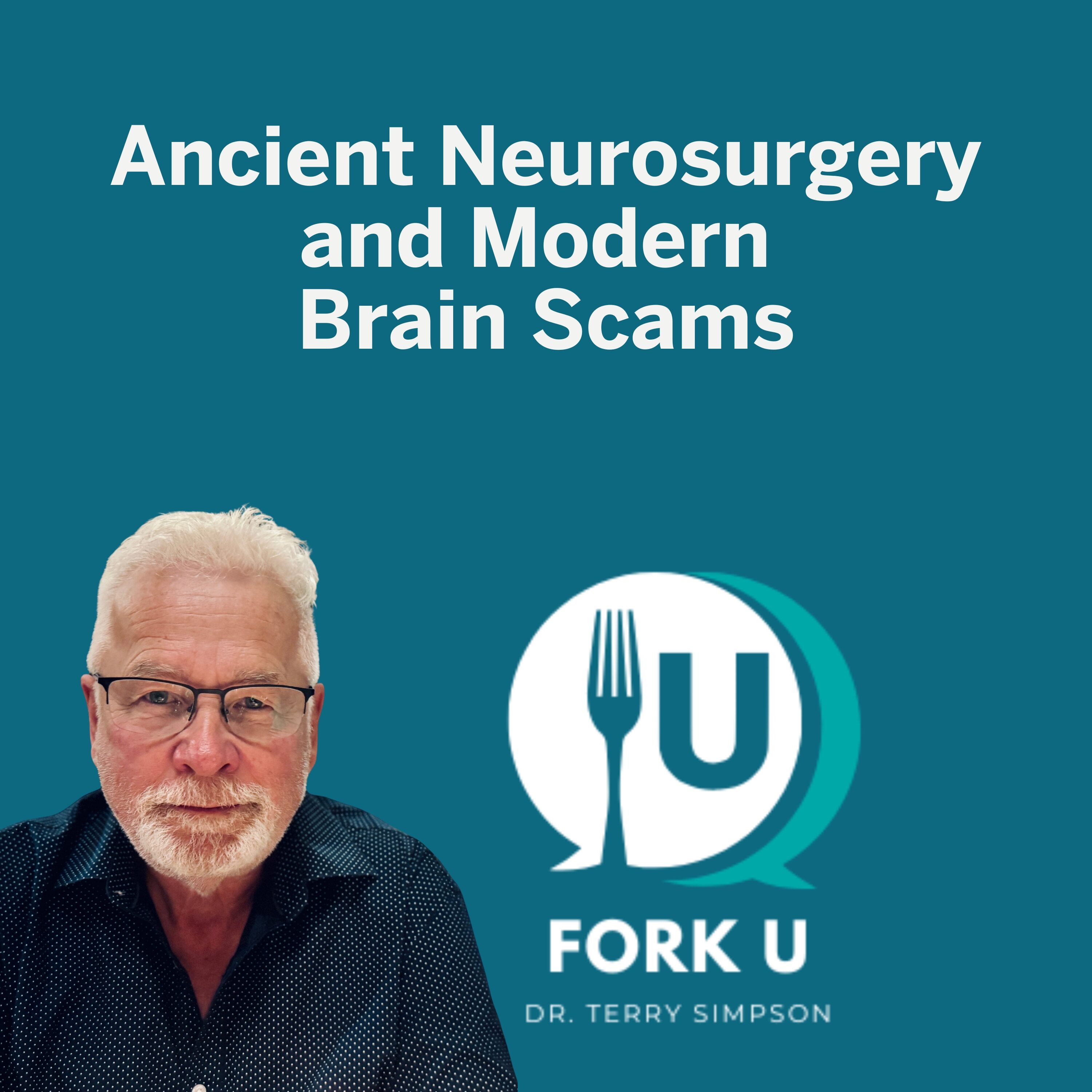
A Hole Lot of Nonsense: Surgery Before Science
People once drilled holes in skulls to cure madness
And in some cases… it actually helped. Well, if you consider madness what happens if you get a stroke from too much pressure in your brain from trauma
That’s the wild part.
While visiting the Surgeons’ Hall Museum in Edinburgh, I saw ancient skulls with round holes cut into them—evidence of trepanation, one of the world’s oldest surgeries. Even more shocking? Many of those patients survived. Some healed so well that they lived...
Radium to Cleanses: Why We Still Fall for Bad Science
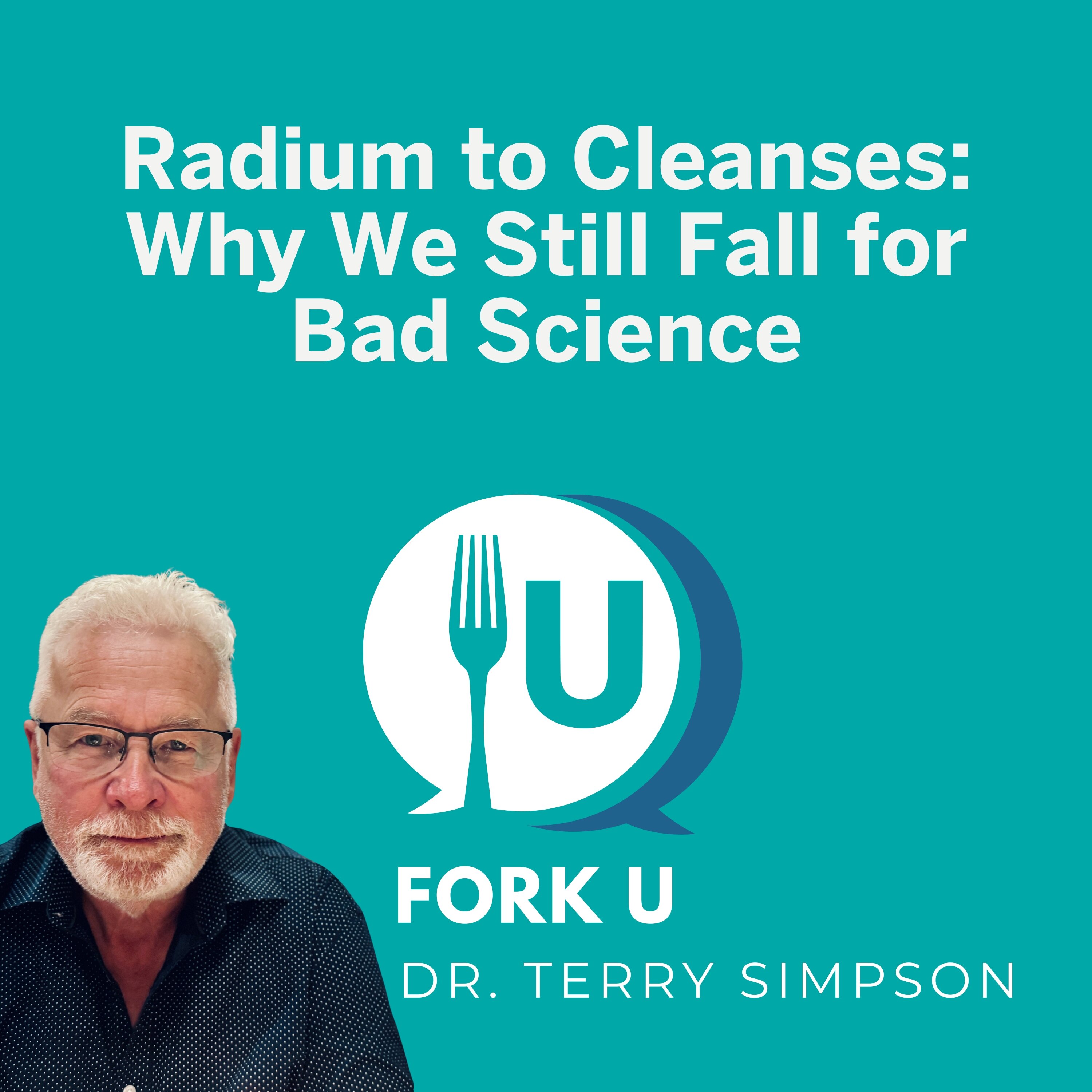
A Shocking Health Trend from the Past
Today, you might see ads for detox teas, liver cleanses, and even hydrogen water. These products promise energy, better health, and a longer life.
But strange health trends are nothing new.
In the 1920s and 1930s, people paid good money to drink radioactive water. They believed it gave them energy, cured pain, and even helped them live longer. One brand, called Radithor, was sold as “perpetual sunshine in a bottle.”
Yes—people drank water mixed with radium, the same element now used in cancer treatm...
The Steak That Tried to Cure Everything
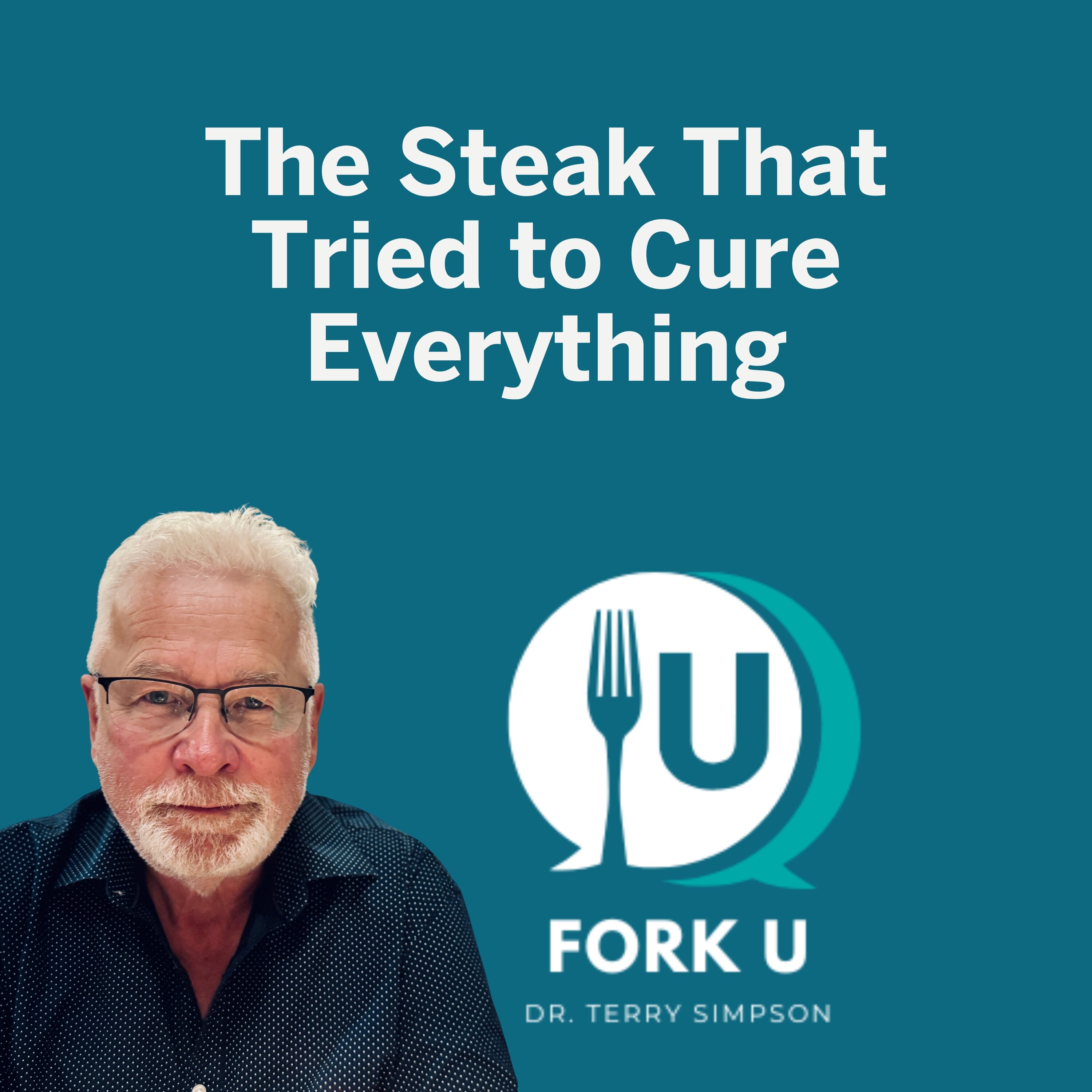
Who Was Dr. Salisbury?
First, let’s meet the man behind the meat.
Dr. James Henry Salisbury was a doctor during the American Civil War. He worked hard to understand why so many soldiers got sick. He noticed that stomach problems like diarrhea and dysentery were everywhere in the army camps.
Because of this, he believed the problem came from food. But instead of looking at germs, he blamed vegetables.
That’s right—he thought vegetables caused disease. To children everywhere, he became a hero. To science? Not so much.
Wha...
Smoothie Mornings Made Easy with Two Simple Appliances
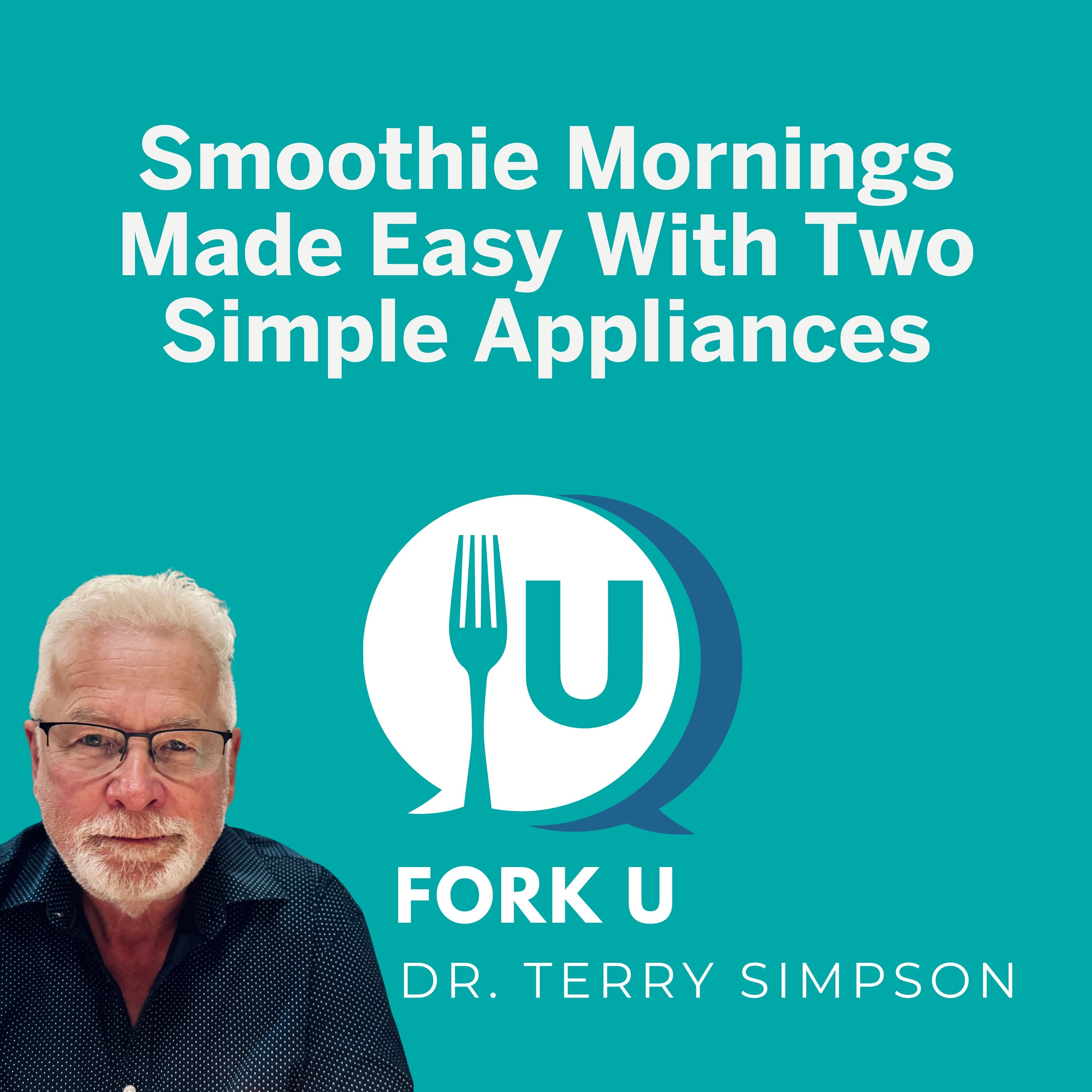
The Smoothie That Changed My Mornings (And the Appliances That Helped)
Let’s talk about kitchen appliances.
Yes, those gadgets sitting on your counter—or hiding in a cabinet—can either make your life easier... or drive you nuts. Today, I want to share how two small appliances completely changed my mornings. And no, I’m not paid to say any of this.
It Started With the Air Fryer
First, let’s be honest: nothing has brought more people back into the kitchen than the air fryer. It’s fast, easy, and makes fo...
Dr. Kellogg Cereal, Surgery, and Strange Ideas
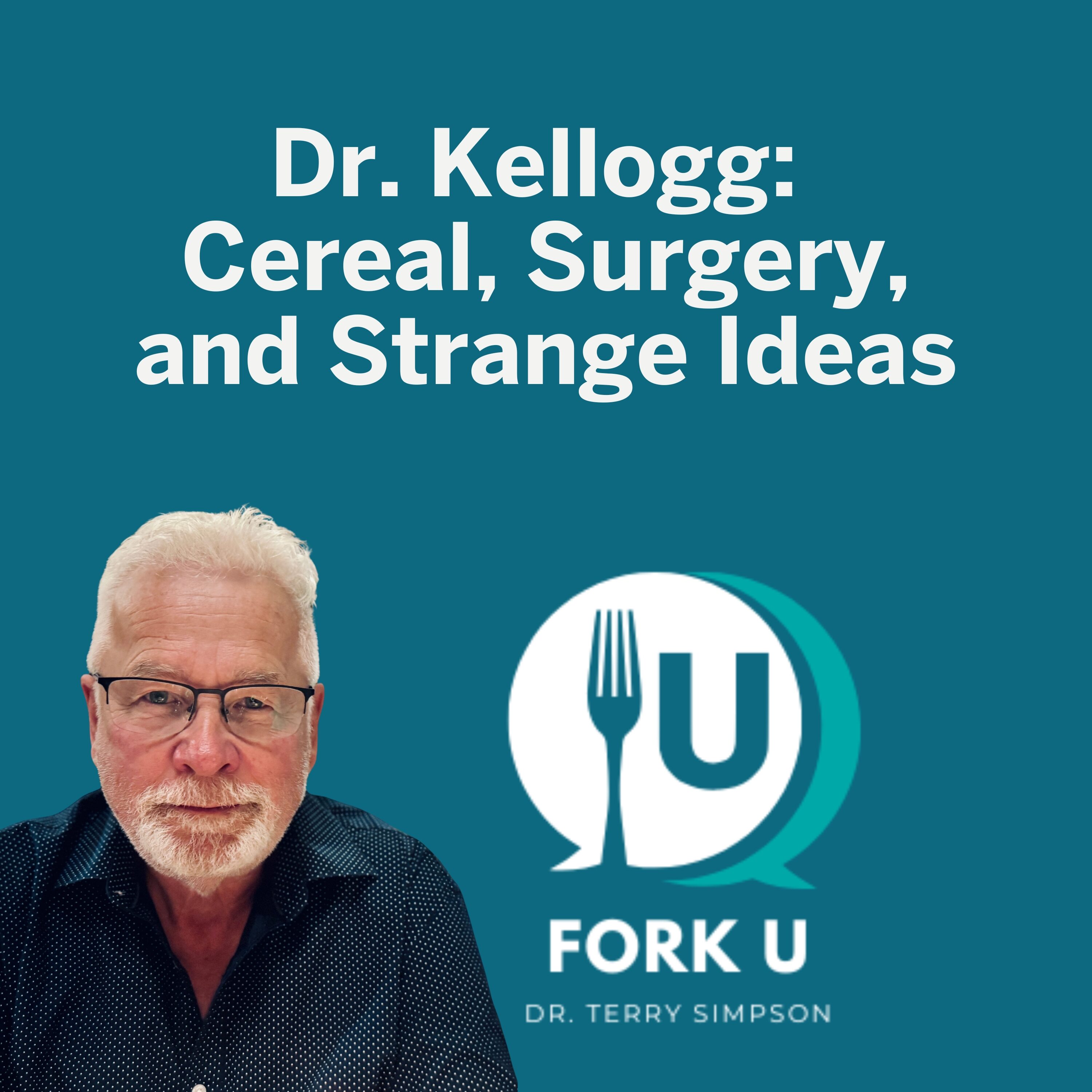
🥣 The Curious Case of Dr. Kellogg: Surgeon, Cereal, and a Whole Lot of Enemas
When you think of Kellogg, you probably picture cereal—maybe a sweet bowl of Frosted Flakes or Corn Flakes. But the real story behind Kellogg is far weirder than breakfast. It starts with a doctor. A good one. A very strange one.
Meet Dr. John Harvey Kellogg
Dr. John Harvey Kellogg wasn’t just any doctor. He was a skilled surgeon, and even Dr. Charles Mayo—the founder of the Mayo Clinic—called him one of the best abdominal surgeons he...
How Ozempic Works and Why Diets Still Matter
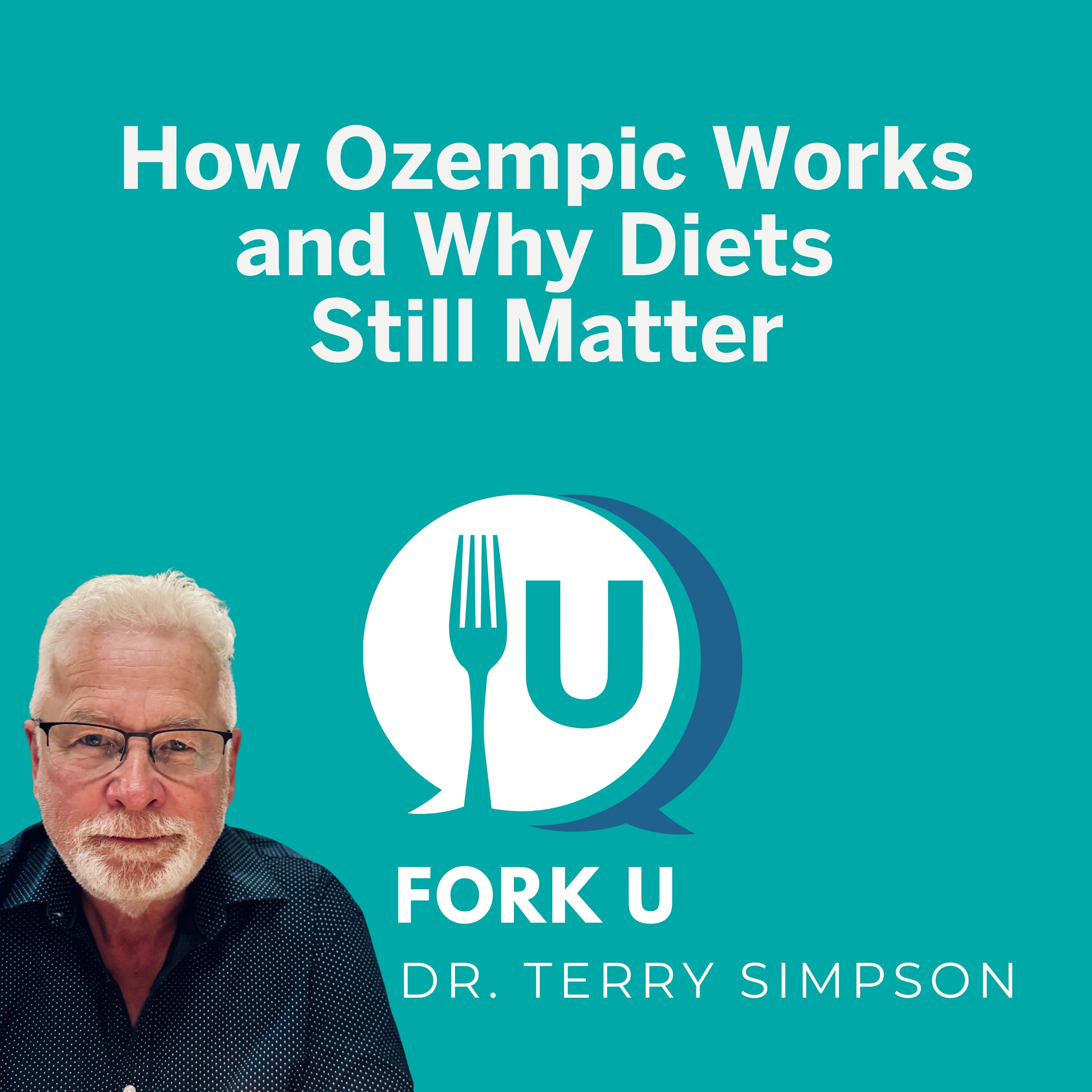
What Is Ozempic or Zepbound, Really?
You’ve probably heard about Ozempic or Zepbound. Maybe from a friend, a celebrity, or a TikTok ad. These are powerful medicines used to help people lose weight and manage diabetes. But what do they actually do?
Ozempic is a GLP-1 receptor agonist—a type of drug that helps control hunger, improve blood sugar, and lower the risk of heart disease.
But here's the big surprise: the real power of these drugs isn’t in your stomach—it’s in your brain.
How It Works in the Bra...
Longevity That Actually Works
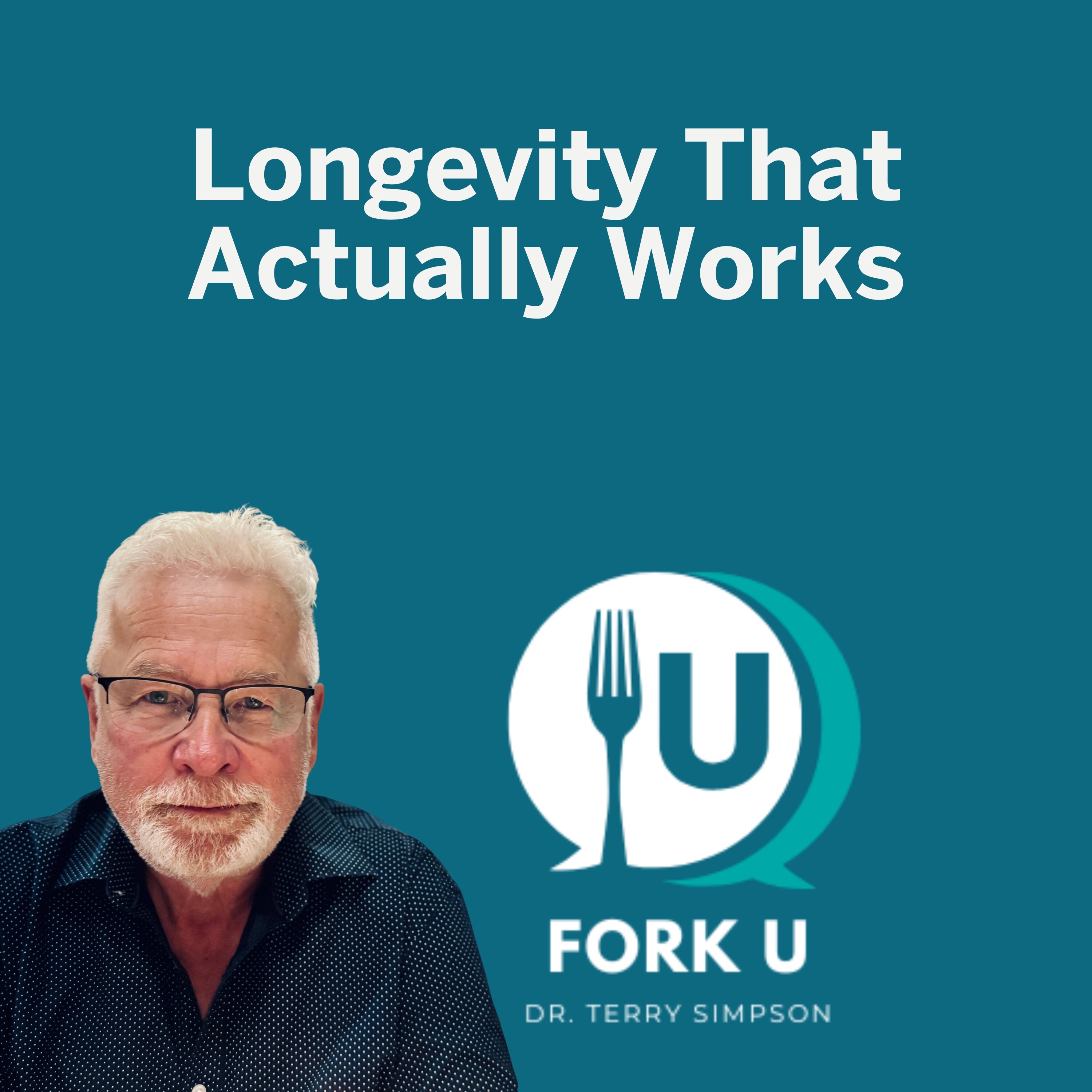
Longevity Without the Grift: What Actually Helps You Age Better
Everyone wants to live longer. That’s why people are plunging into ice baths, sweating in infrared saunas, and rubbing beef tallow on their faces like it’s a miracle cream. Meanwhile, supplement companies make billions selling capsules that promise eternal youth.
But here’s the thing: we don’t need to chase immortality. We need to focus on healthspan—the number of years we stay active, sharp, and independent. Living longer doesn’t mean much if you can’t enjoy it.
Let’s break it down...
Sustainable Eating: Lab Grown Meat to Farmed Fish

Hi, I'm Dr. Terry Simpson, your chief medical explanationist. Welcome to another edition of FORK U—where we bust myths, make sense of the madness, and teach you a little about food and medicine.
Today, let's explore how our food choices impact the environment and our health. We'll discuss lab-grown meat, grass-fed beef, and sustainable seafood.
🍔 Lab-Grown Meat: The Future of Food?
Imagine enjoying a burger that didn't require raising or slaughtering an animal. That's the idea behind lab-grown meat, also known as cultured meat. Scientists grow real animal cells in labs to creat...
The Fry Lie: McDonald's Fries for Better Or...
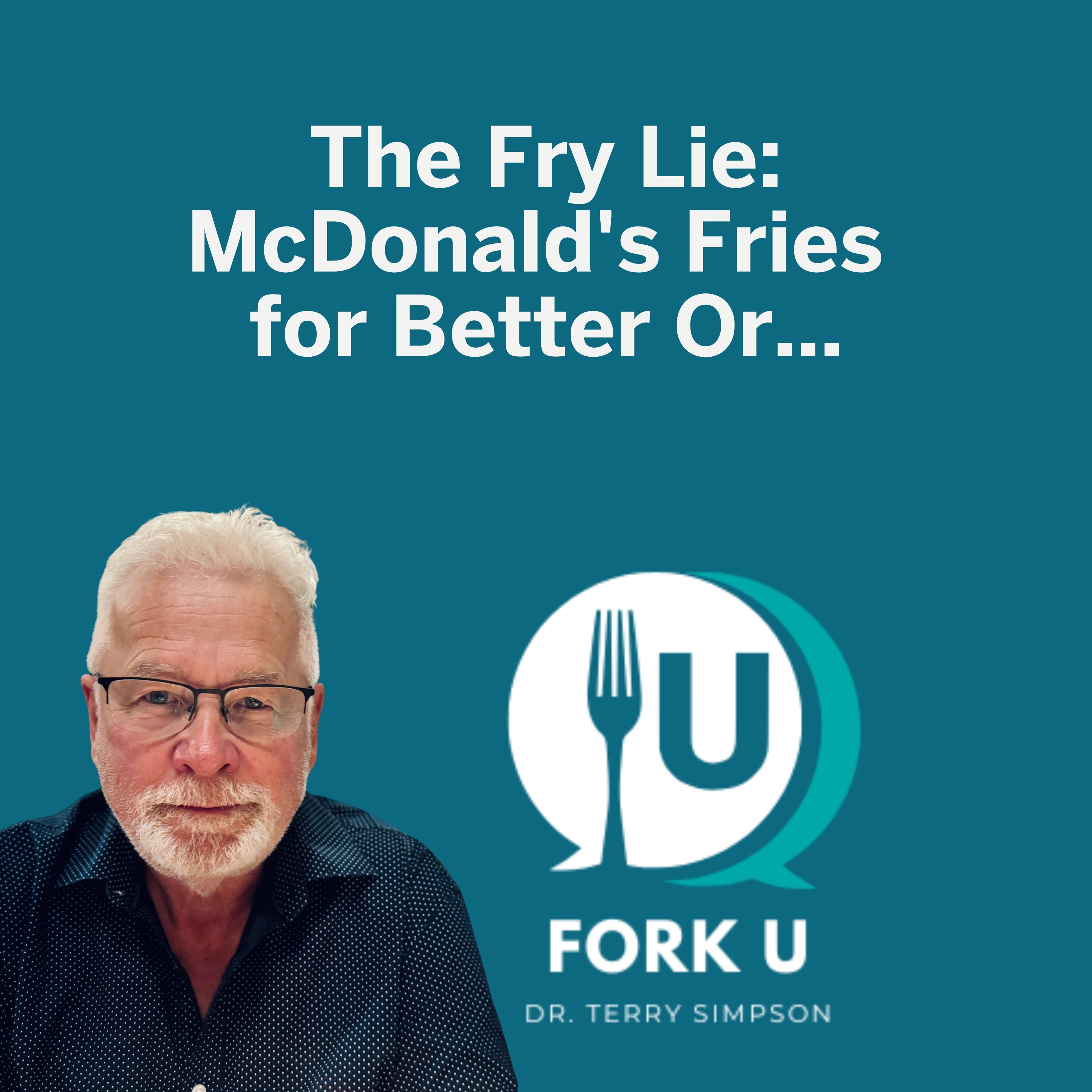
The Fry Lie: How McDonald's Fries Got Worse—Not Healthier
For years, McDonald’s fries ruled the world. They were golden, crispy, salty, and delicious. People called them the best fries ever made. But then something changed. Around the 1990s, fans noticed the fries didn’t taste the same anymore.
What happened?
Let’s dive into the real story of why McDonald’s fries lost their magic—and how the changes didn’t make them healthier. In fact, for a while, they actually made them worse.
Once Upon a Time… in Beef Tallow
...Superfood Myths: What Works, What Hurts, What’s Hype

Superfood Snake Oil: Why Kale Won’t Save You (But Also Isn’t Killing You)
Every week, there's a new superfood: sea moss, turmeric shots, raw milk, lion’s mane mushrooms, and the obligatory $18 acai bowl. These so-called miracle foods promise to heal your gut, detox your liver, reverse aging, and apparently, cure loneliness if you add enough coconut flakes.
But here’s the reality: “superfood” is a marketing term, not a scientific one.
Let’s dig into the hype, the risks, and what the research really says.
The Superfood Scam: Health Halo fo...
Fruit Fearmongering: Is Fruit Bad For You?
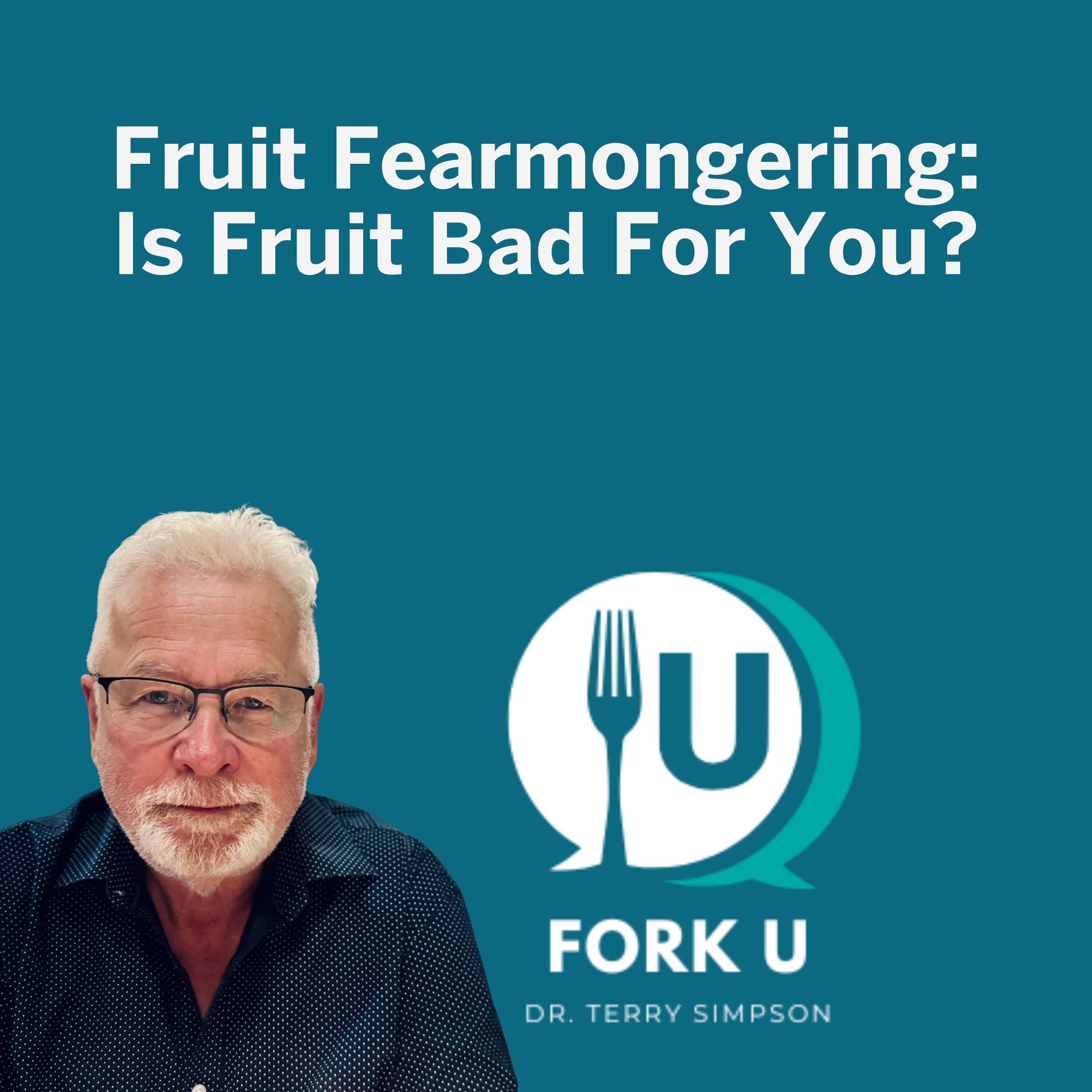
Is Fruit Bad For You?
Have you heard the latest nonsense from the diet grift industrial complex?
Apparently, fruit is now dangerous. Yes—fruit. The stuff that grows on trees and ends up in your kid’s lunchbox is being blamed for everything from diabetes to “metabolic collapse.”
The same influencers who once screamed about seed oils are now coming for your bananas, blueberries, and yes, even your smoothies.
It would be laughable if it weren’t so successful.
I’ve Seen Real Diets That Work—They Include Fruit
My fathe...
On a GLP-1 - You Should be on the Mediterranean Diet Also
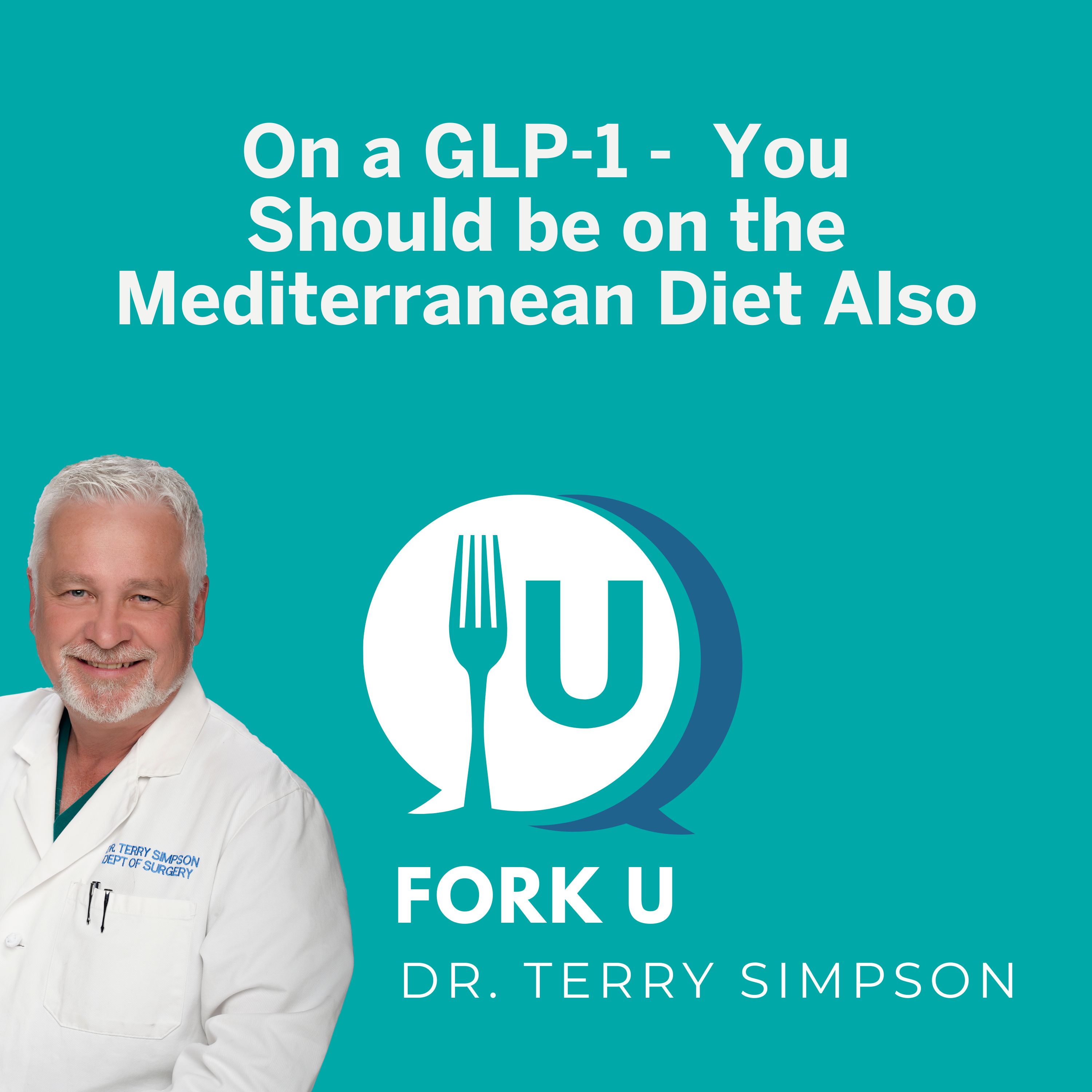
Weight Loss Surgery and Mediterranean Diet to GLP-1 and the Mediterranean Diet
For years, I have guided my weight loss surgery patients toward the Mediterranean diet. Why? Because it’s not only delicious and sustainable, but it’s also backed by decades of science. Now, as GLP-1 medications like Ozempic and Zepbound transform how we approach obesity, the question arises again: what should people eat while on these powerful drugs? The answer, as it turns out, remains the same.
GLP-1 medications have undeniably revolutionized weight loss. These drugs, originally developed for diabetes, have rapidly gained fame...
Banning Neon Cupcakes While Ignoring Real Public Health Threats: Welcome to America 2025

Welcome to the theater of absurdity.
While the federal government waves the flag of victory over removing petroleum-based food dyes from snacks, it is simultaneously gutting critical public health programs like food inspection, bird flu monitoring, injury prevention initiatives, and scientific research grants. The result? A dazzling case study in misplaced priorities.
Today, let's walk through what is actually happening — not the headline-friendly soundbites — and why Americans should be far more worried about E. coli in their milk than Red Dye #3 in their Skittles.
The Food Dye Fear Mongering: What's Actually True?
Fi...
Mission FORK U

Welcome to FORK U. Fork University. Where we make sense of the madness, bust a few myths, and teach you a little about food and medicine.
I’m Dr. Terry Simpson—surgeon, scientist, and your chief medical explanationist. At FORK U, we’re not here to sell you supplements or tell you carbs are evil. We’re here to bring the science back to your plate—with a healthy side of sarcasm.
Food hasn’t been medicine for 2,000 years, and despite what the smoothie bowl crowd says, it still isn’t. But we do know that eating be...
Butter, LDL, and the Myth of Plaque

Butter, LDL, and the Myth of Harmless Plaque
Why High Cholesterol Isn’t Just a Number—and What the Latest Science Says About Oils, Fats, and Your Risk of Death
By Dr. Terry Simpson, MD – The Culinary Medicine Doc
We’ve all heard the story: butter’s back, LDL doesn’t matter, and as long as you’re low-carb, your heart is safe.
But what if I told you that the science—real, peer-reviewed science—tells a different story?
In this post, I’ll walk you through three powerful studies that dismant...
Blue Zones: Beautiful Myth or Measured Truth?
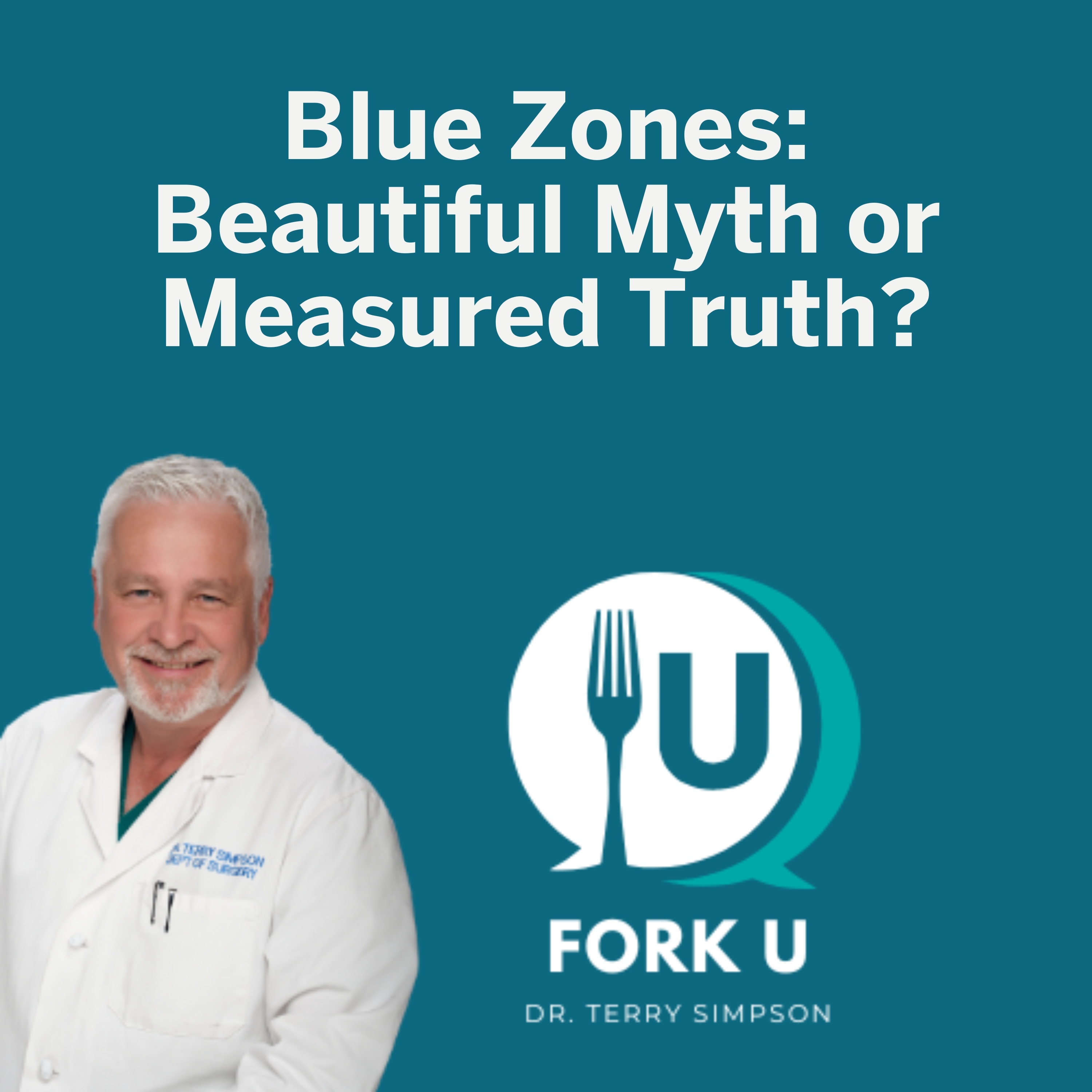
The idea of Blue Zones—those rare places where people supposedly live longer, healthier lives—has become nutritional gospel. From best-selling books to Netflix specials, Blue Zones have been painted as longevity utopias we can mimic if we just eat more beans and nap more often.
But here’s the thing: Blue Zones aren’t science—they’re storytelling.
In this post, we take an unfiltered look at the Blue Zones concept, explore recent controversies, and compare it with something backed by actual peer-reviewed data: the Mediterranean Diet.
What Are Blue Zones?
Coined by...
Common Carnivore/Low-Carb Myths
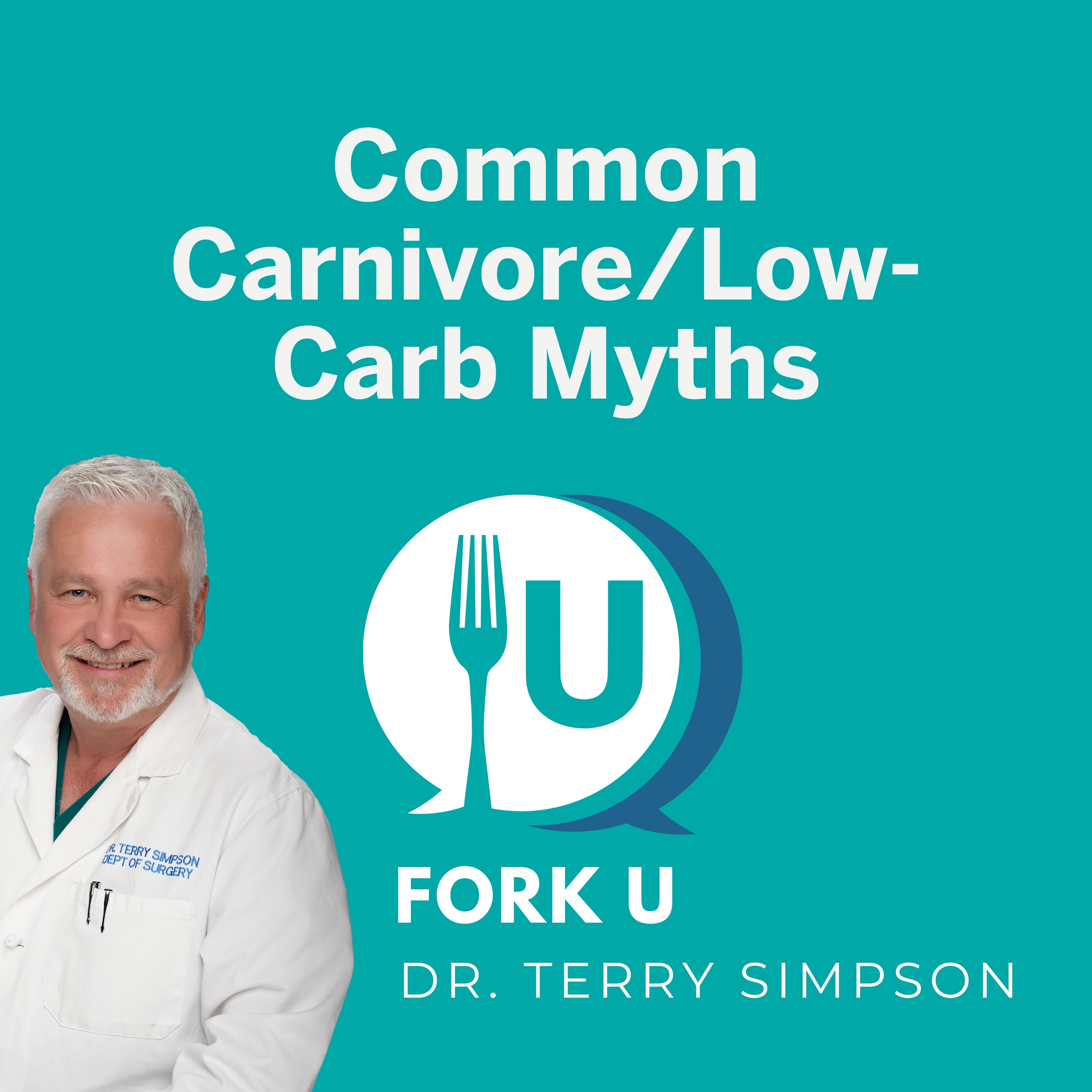
Dietary Myths vs. Nutritional Science: Why the Mediterranean Diet Reigns Supreme
As an Athabascan physician and culinary medicine expert, I'm often amused by the dietary myths perpetuated online, particularly those championed by keto and carnivore diet enthusiasts. Today, let's debunk some of these myths—Inuit diets, Hong Kong longevity, Maasai heart health, and the so-called French paradox—and explain why decades of robust nutritional science firmly support the Mediterranean diet.
Myth 1: The Inuit Diet
Low-carb proponents love pointing to the traditional Inuit diet as evidence of the supposed superiority of carnivorous diets. Yes, Inui...
Why Bitterness is Good for You
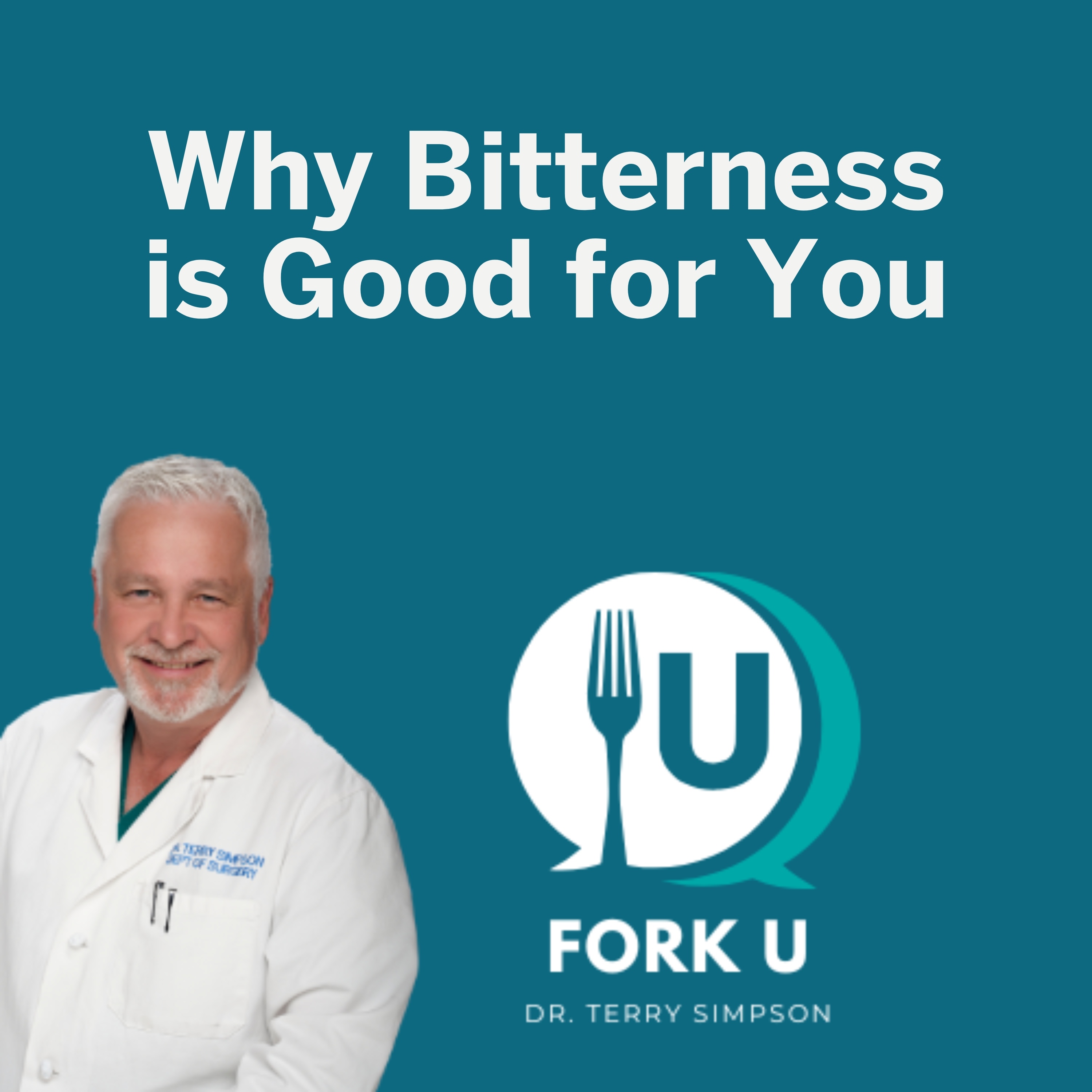
The Bitter Truth: Why Bitterness Matters More Than You Think
Have you ever taken a sip of black coffee and immediately regretted it? Or maybe you’ve bitten into a grapefruit and felt like your tongue was under attack? If so, you’re not alone. Bitterness is one of the most misunderstood flavors, but it plays a huge role in our health and survival. From keeping us from eating toxic foods to helping digestion, bitterness has a bigger impact on our bodies than most people realize. So, let’s dive into the bitter truth—why some people hate it...
The Egg: From Villain to Victory
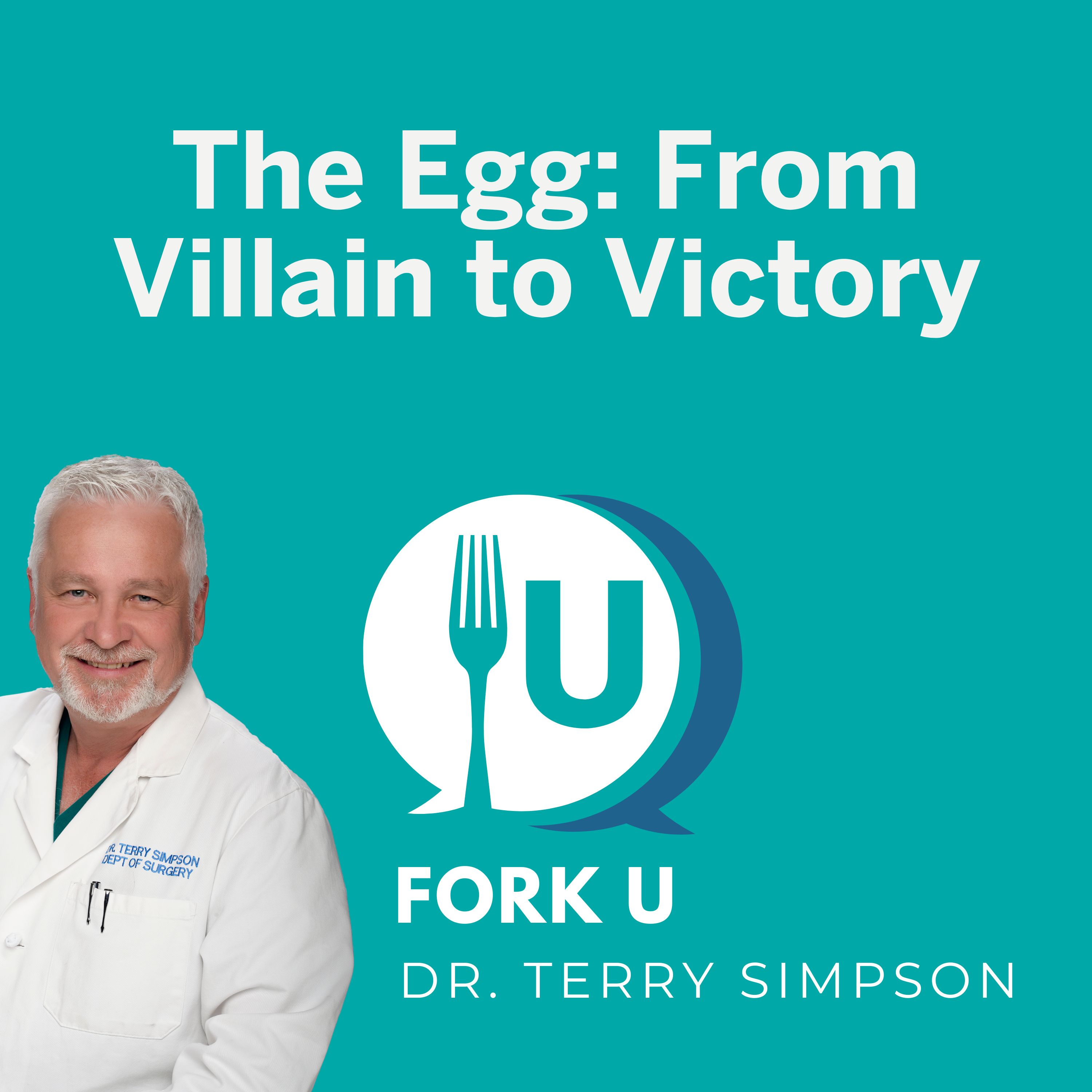
The Great Egg Redemption: How Science Saved Breakfast (But Not Your Wallet)
For decades, the humble egg was treated like a ticking time bomb for your arteries. Nutrition guidelines told us to avoid them, doctors warned us about cholesterol, and many Americans swapped their morning omelet for a sad bowl of processed cereal. But here’s the kicker—those recommendations weren’t based on strong science. Instead, industry interests heavily influenced them, outdated theories, and a lot of fear-mongering.
Now, eggs are back on the menu. Science has finally caught up, and experts agree that dietar...
Apple Watch vs. Oura, Whoop, and Withings

Apple Watch vs. Oura, Whoop, and Withings
Health wearables have exploded in popularity, promising better sleep, fitness, and recovery tracking. But with so many options—Apple Watch, Whoop, Withings, Oura, and Ultrahuman Rings—which one is actually worth your money?
More importantly, do these devices improve your health, or are they just expensive digital trophies?
In this breakdown, we’ll compare features, accuracy, HRV (Heart Rate Variability) and “strain” tracking, battery life, hidden costs, and privacy concerns—so you can make the best choice for your lifestyle.
We have come a long way since...
Ultra-Processed Food Myths
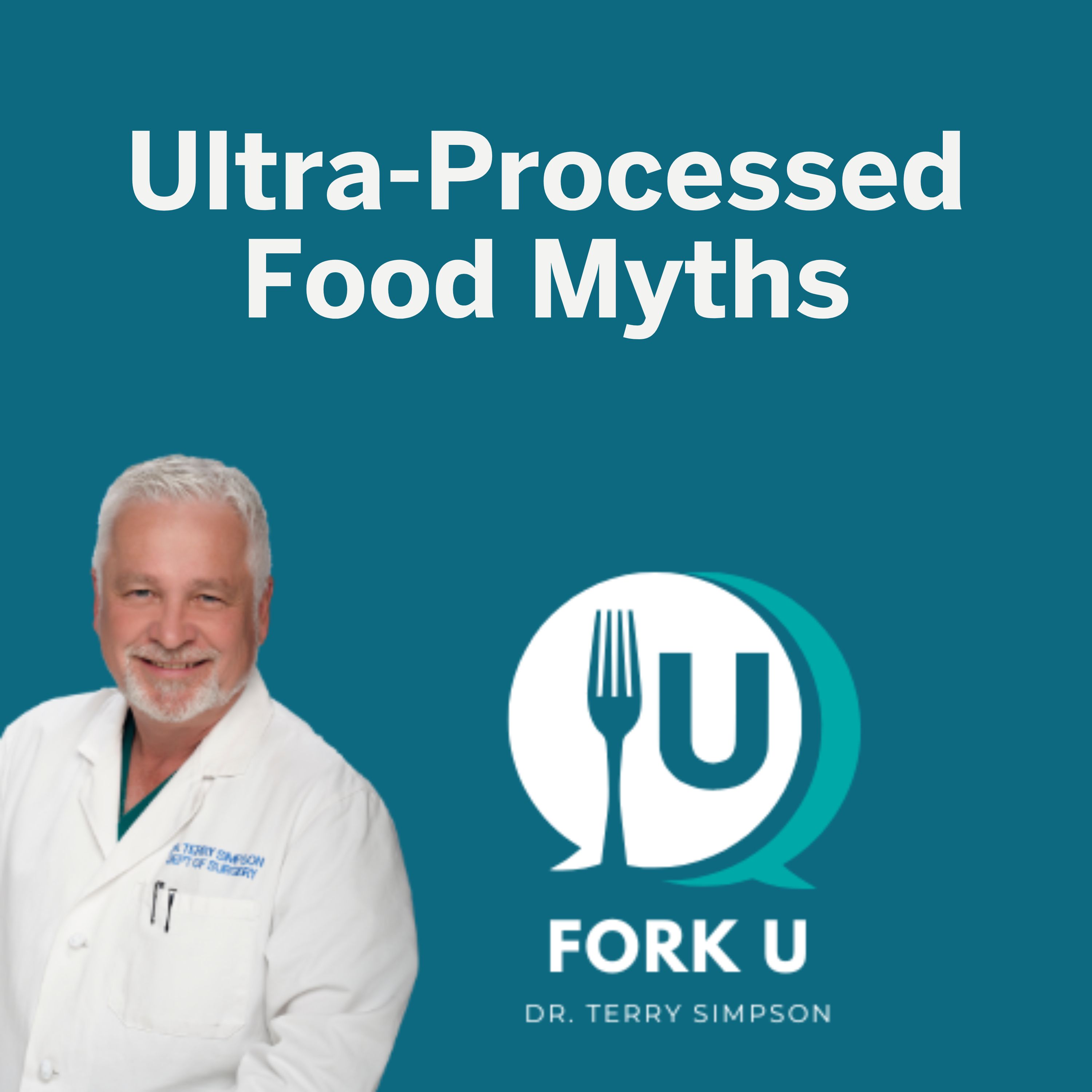
What Are Ultra-Processed Foods?
Ultra-processed food (UPF) might sound like something concocted in a secret laboratory, but it simply refers to foods that are significantly altered from their original state. These often contain additives like emulsifiers, preservatives, and stabilizers—ingredients you wouldn’t typically find in a home kitchen.
This category includes everything from convenience-store hot dogs to plant-based meat alternatives. Yes, even your favorite vegan nuggets fall into this group.
Common Myths About Ultra-Processed Foods
Myth #1: They’re Toxic and Will Kill You Instantly
If ultra-processed foods were as let...
Update: Flu and More Bird Flu
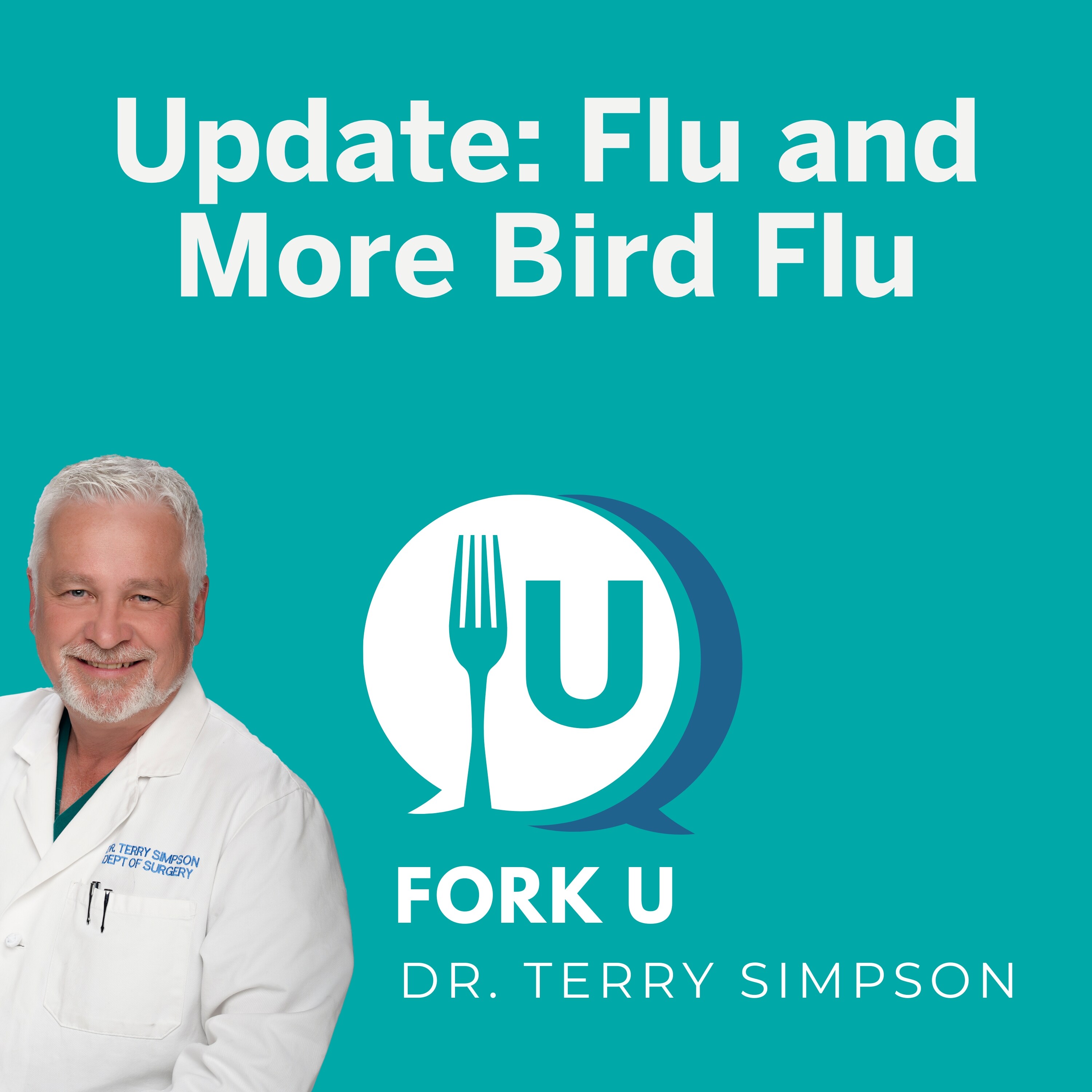
Bird Flu, Flu Season, and Protecting Your Health: What You Need to Know
While I typically focus on food and your health, pressing medical updates demand attention. Today, we’re tackling two critical topics: the latest on bird flu (avian influenza) and the rise in seasonal respiratory illnesses, including flu and COVID-19.
With public communication from federal agencies temporarily paused, it’s vital to stay informed. Here’s a comprehensive overview of what’s happening, what it means for you, and how to protect yourself and those around you.
Respiratory Illness Trends: Seasonal Flu on t...
Fuel, Don't Fad. Eat for Health, not Hype.
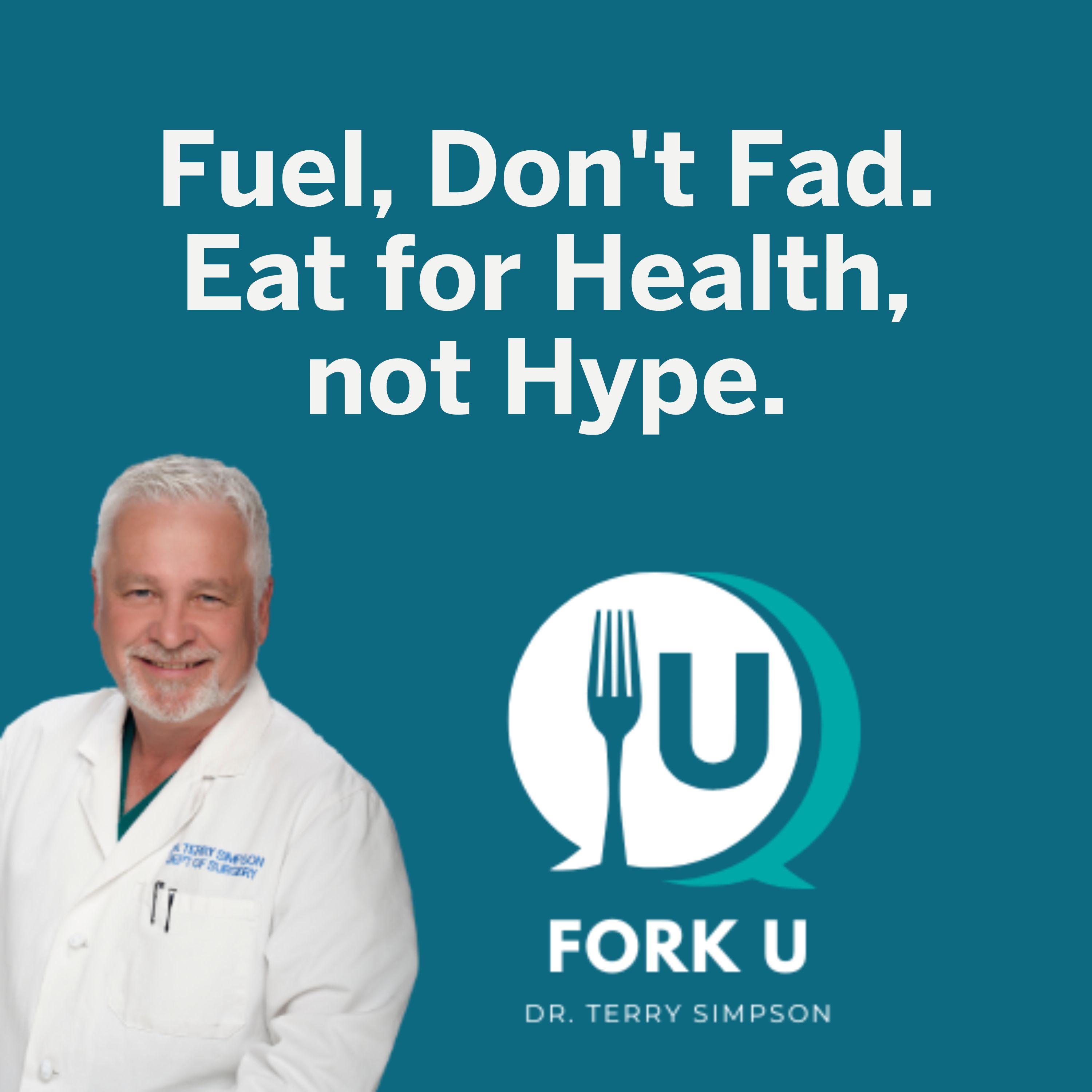
Fuel, Don’t Fad: How to Eat for Health, Not Hype
If you’ve ever fallen for a fad diet, you’re not alone. They promise quick results, make bold claims, and usually leave you hungry, cranky, and disappointed. But here’s the truth: fad diets don’t work in the long run. What does work? Fueling your body with the right foods. In this blog, we’ll break down why fad diets fail, how to rebuild your relationship with food, and the best way to fuel your body for health, happiness, and energy.
Why Fad Diets Fa...
Number One Diet 2025: Mediterranean
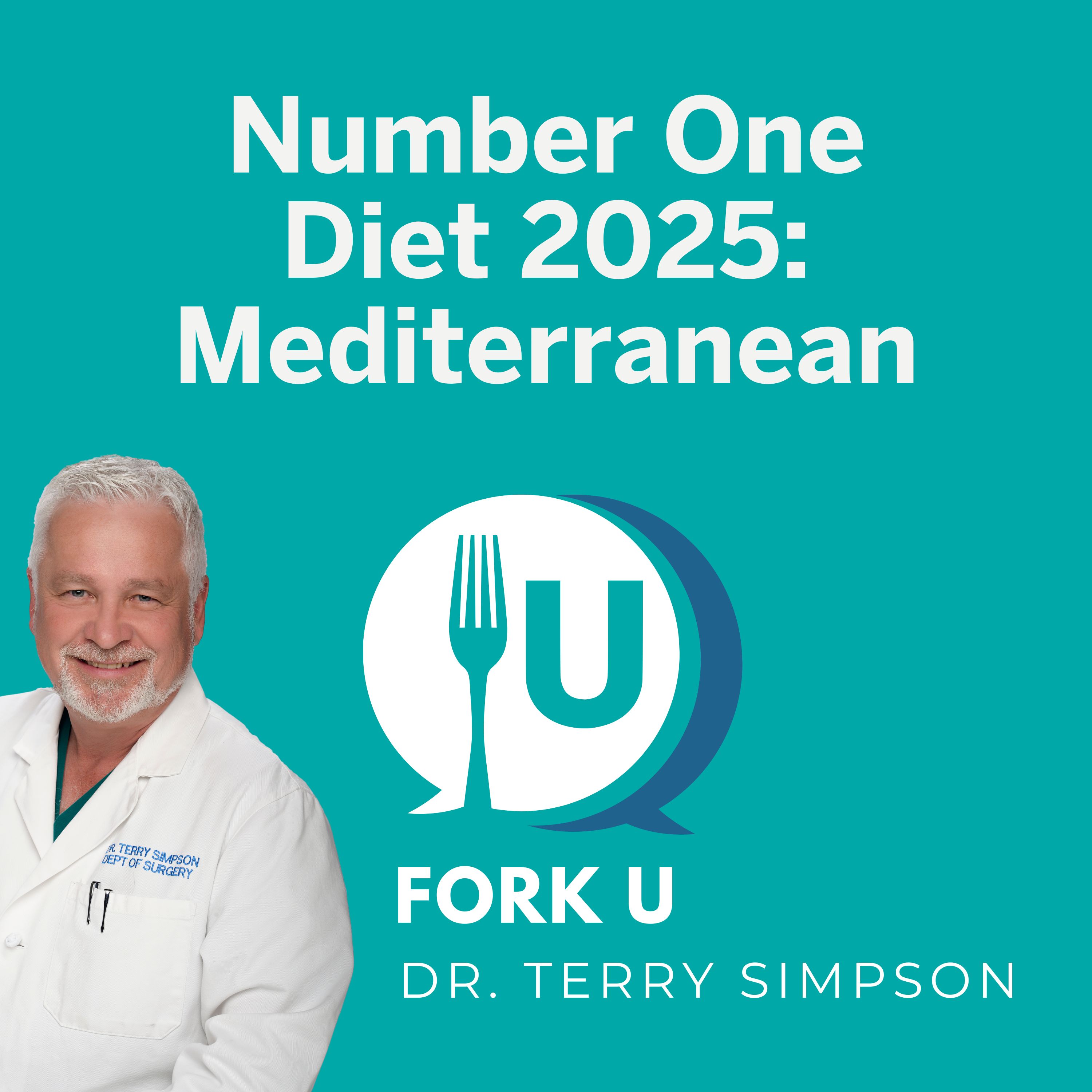
The Mediterranean Diet: Why It’s Still #1 in 2025
When it comes to choosing the best diet for overall health, the Mediterranean diet has topped the
Bird Flu: Risks, Realities, Readiness
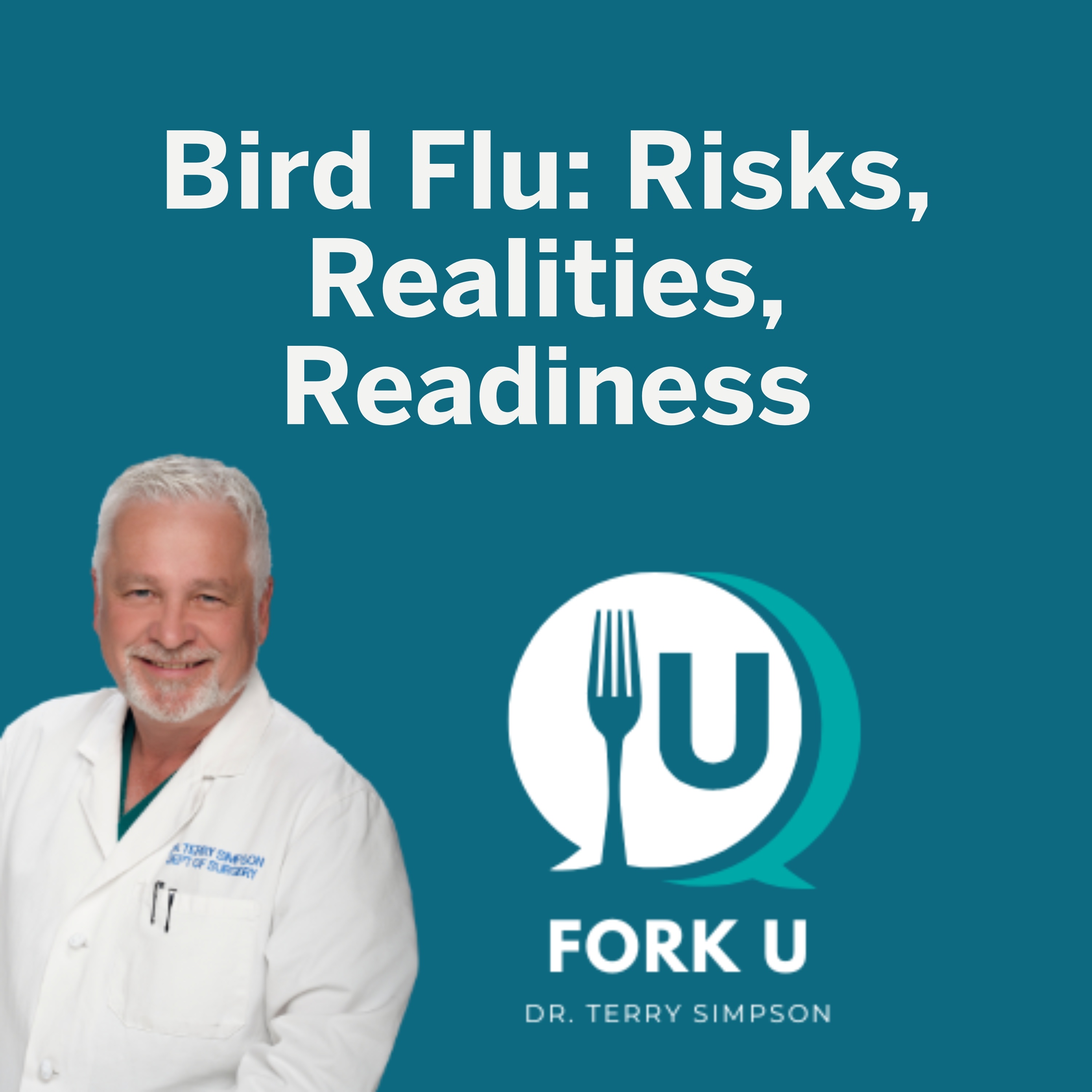
Bird Flu: What You Need to Know About Risks, Realities, and Readiness
Bird flu, or highly pathogenic avian influenza (HPAI), has far-reaching effects on public health, the food supply, and even the global economy. While human-to-human transmission hasn’t occurred, its potential to mutate poses significant concerns. Understanding how bird flu impacts us today — and how science is working to mitigate its risks — is essential.
In this blog post, we’ll explore the realities of bird flu, its effects on food prices, the role of vaccines, and practical tips to stay safe. Let’s break it down in...
GLP-1 Guide to Healthy Habits and Success
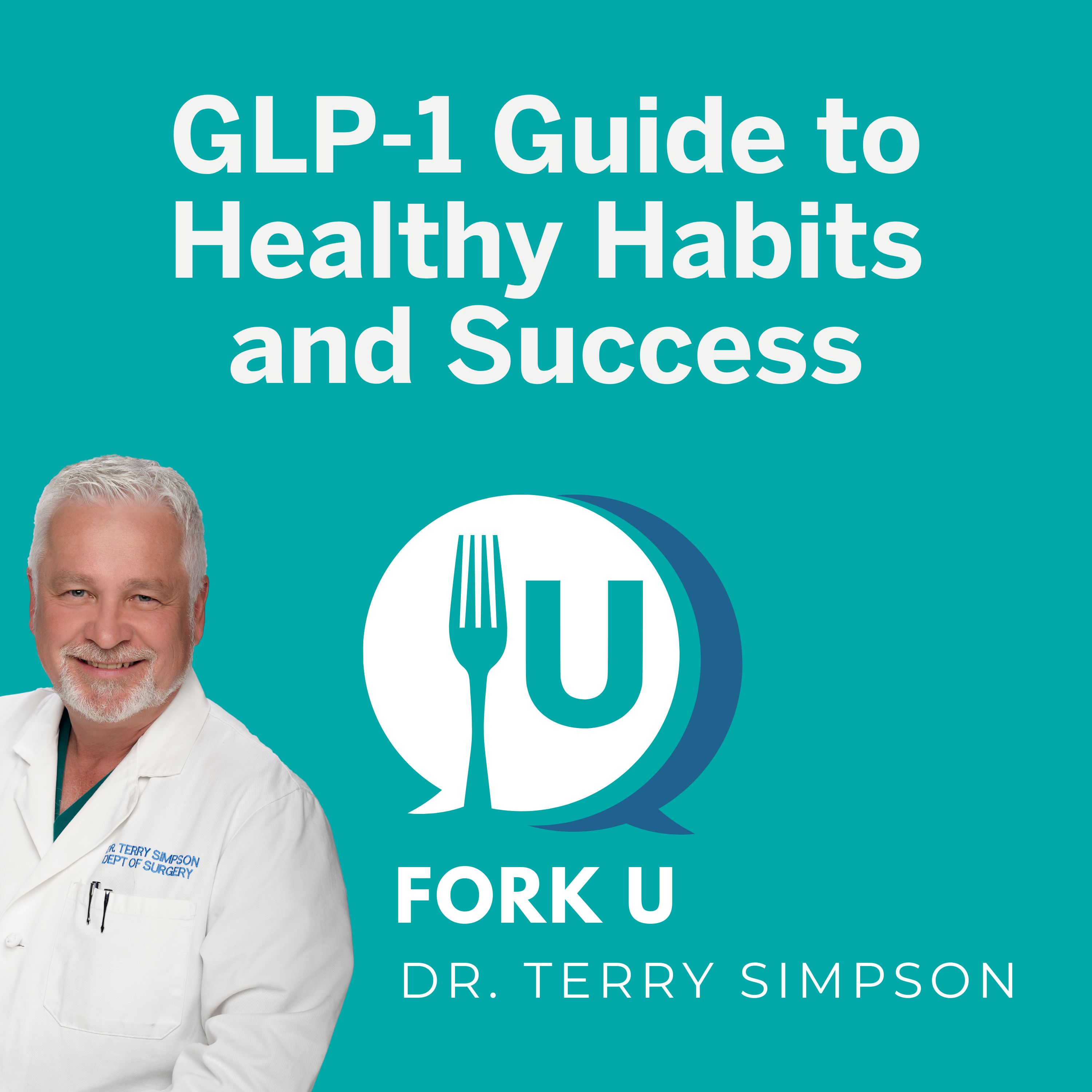
Navigating GLP-1 Medications and Building a Healthier You: A Fork U Guide
Introduction: The Revolution Starts Here
Welcome to Fork University, where science meets sarcasm, and healthy eating gets a reality check. Today, we’re diving into the world of GLP-1 medications, like Ozempic and Zepbound—those little injections making waves in the weight loss and metabolic health scene. Spoiler alert: Even if needles aren’t your thing, this advice is gold for anyone looking to improve their relationship with food (yes, even you, cereal-at-midnight enthusiasts). So, grab a cup of tea (ginger if you’re nause...
GLP-1: Eating for Long-term Health
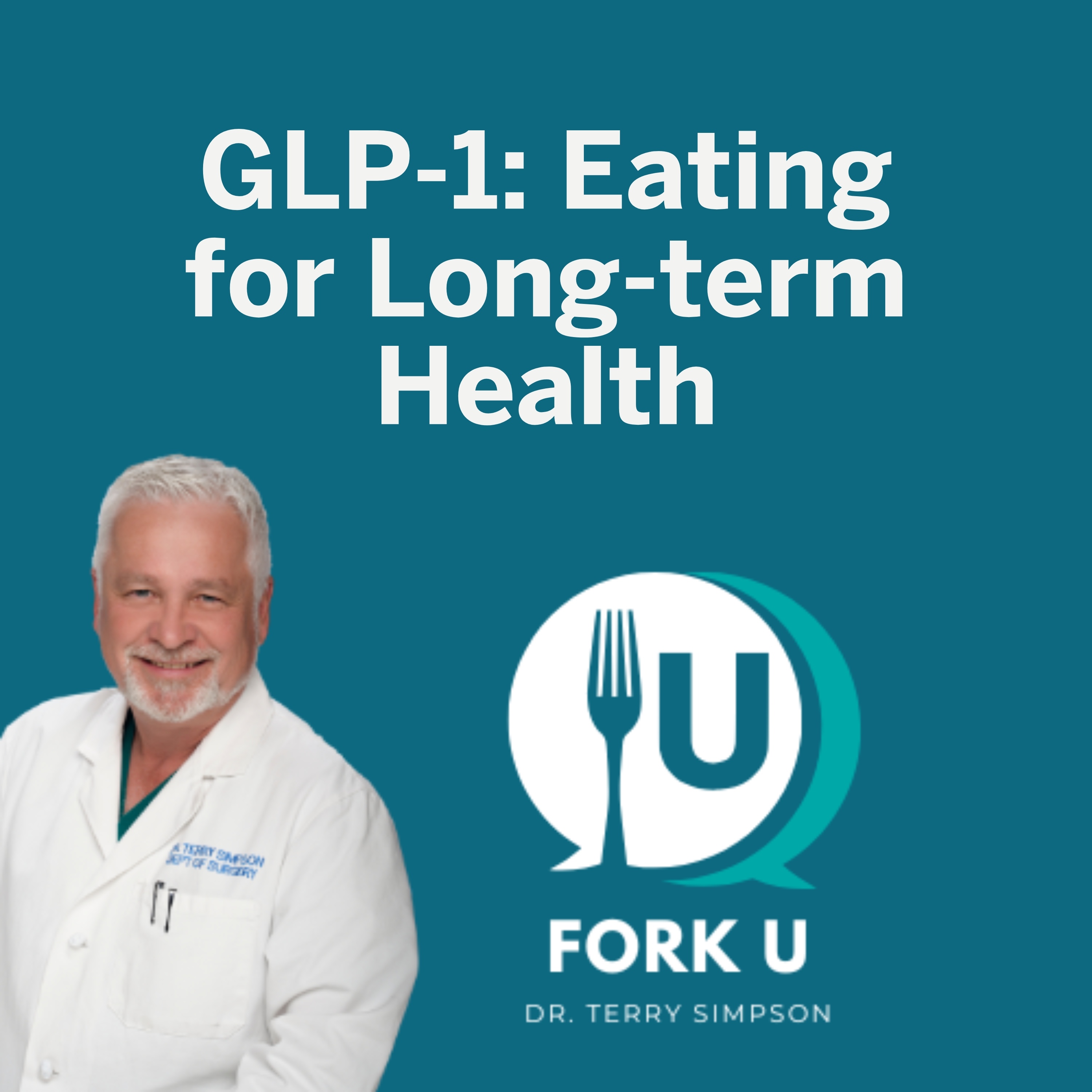
Beyond the Scale: Eating for Long-Term Health, Not Just Weight Loss
Weight loss is often the first thing people think about when starting GLP-1 medications like semaglutide or liraglutide. These medications are powerful tools for helping manage appetite and regulate the body’s hunger hormones. But here's the real truth: losing weight is just one part of the story. To truly thrive, you need to focus on eating in a way that nourishes your body, supports your health, and promotes long-term well-being.
Think of it this way: GLP-1 medications do the heavy lifting when it co...
